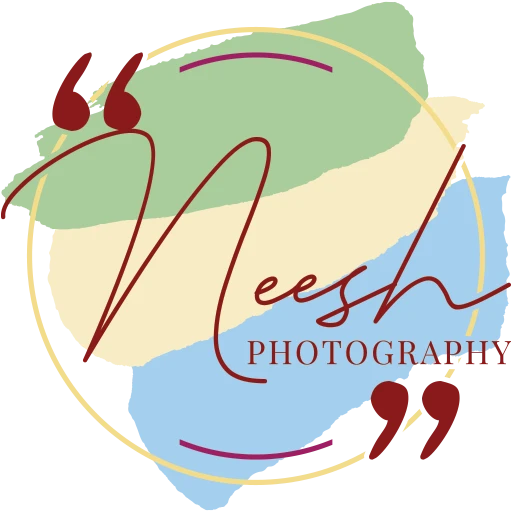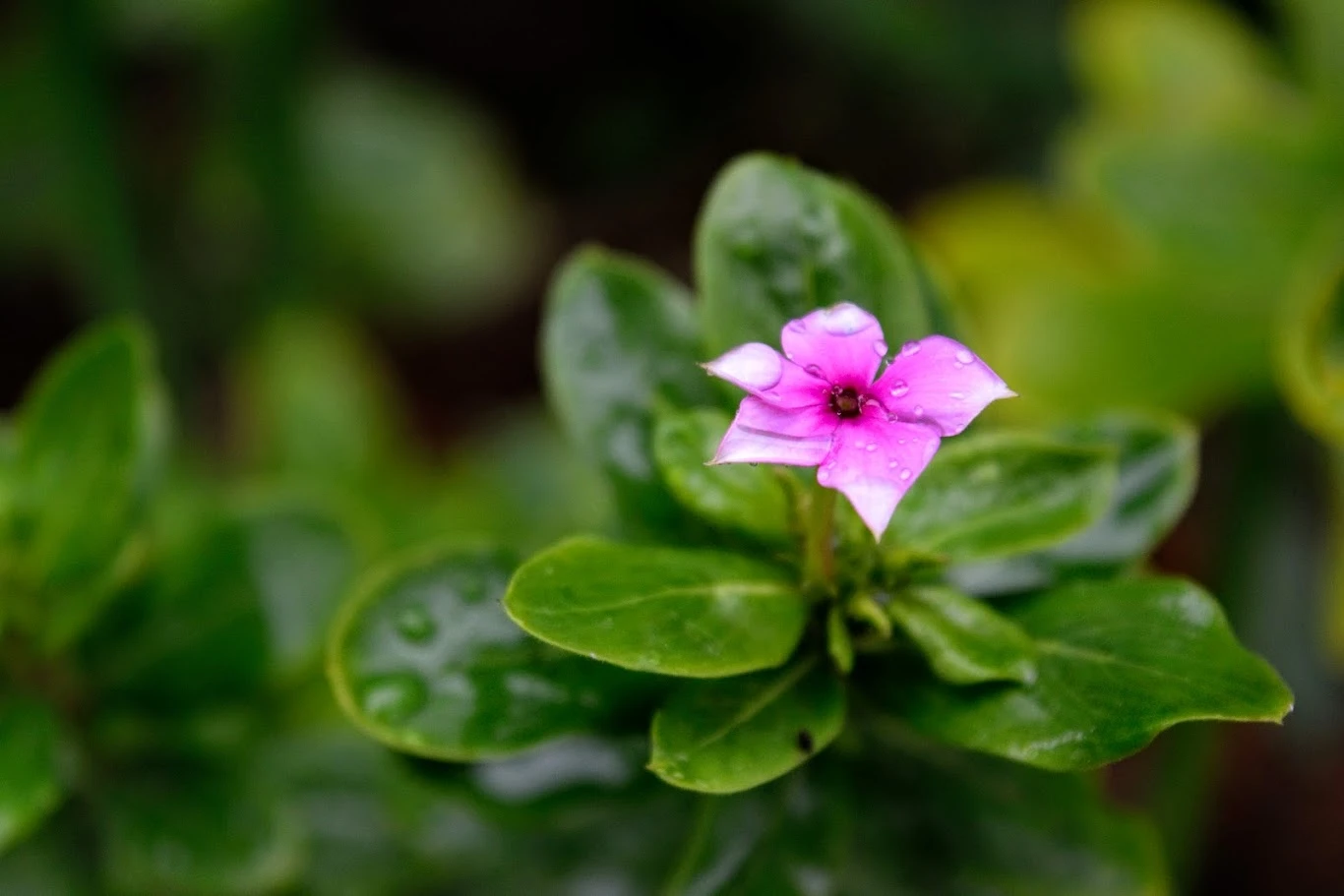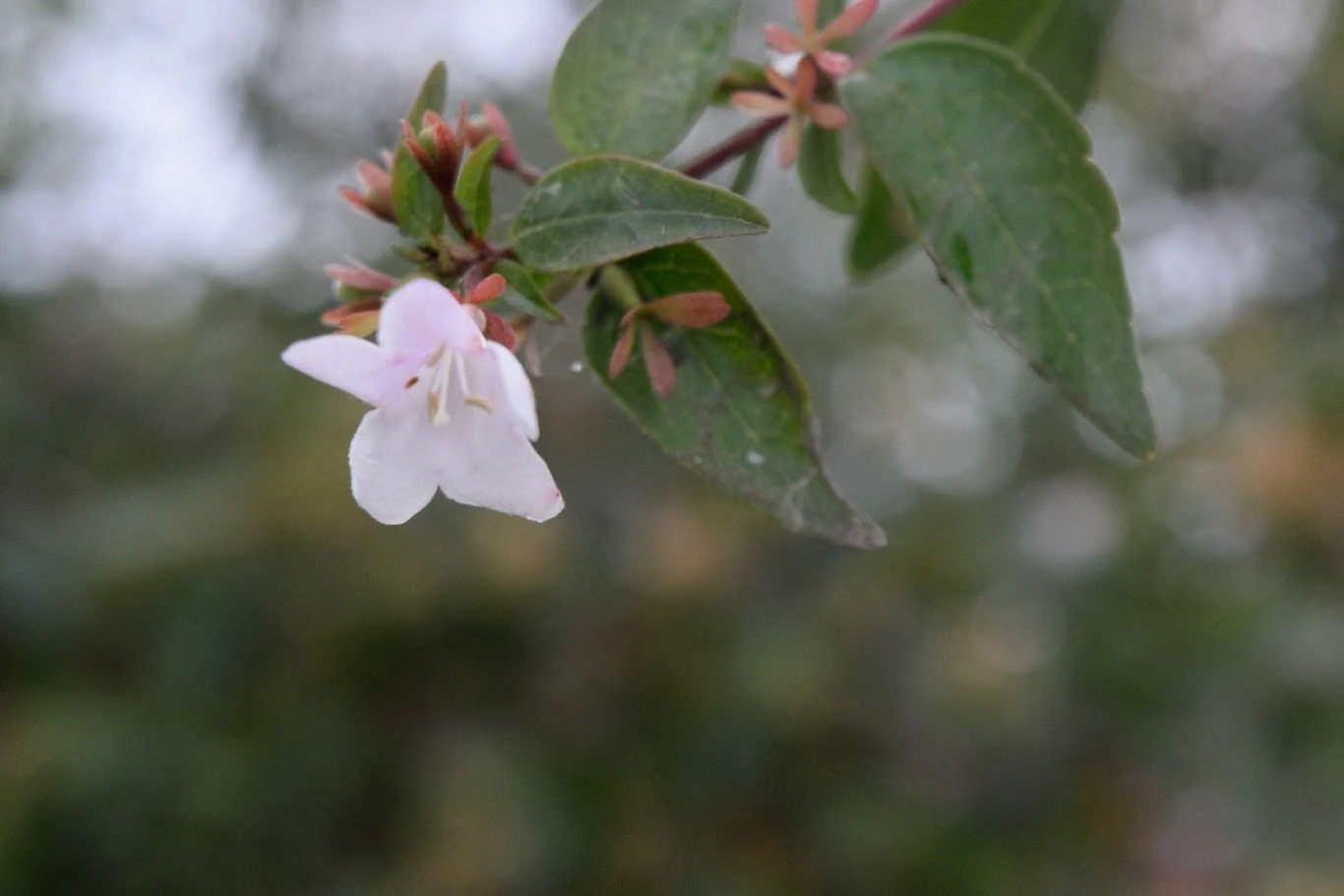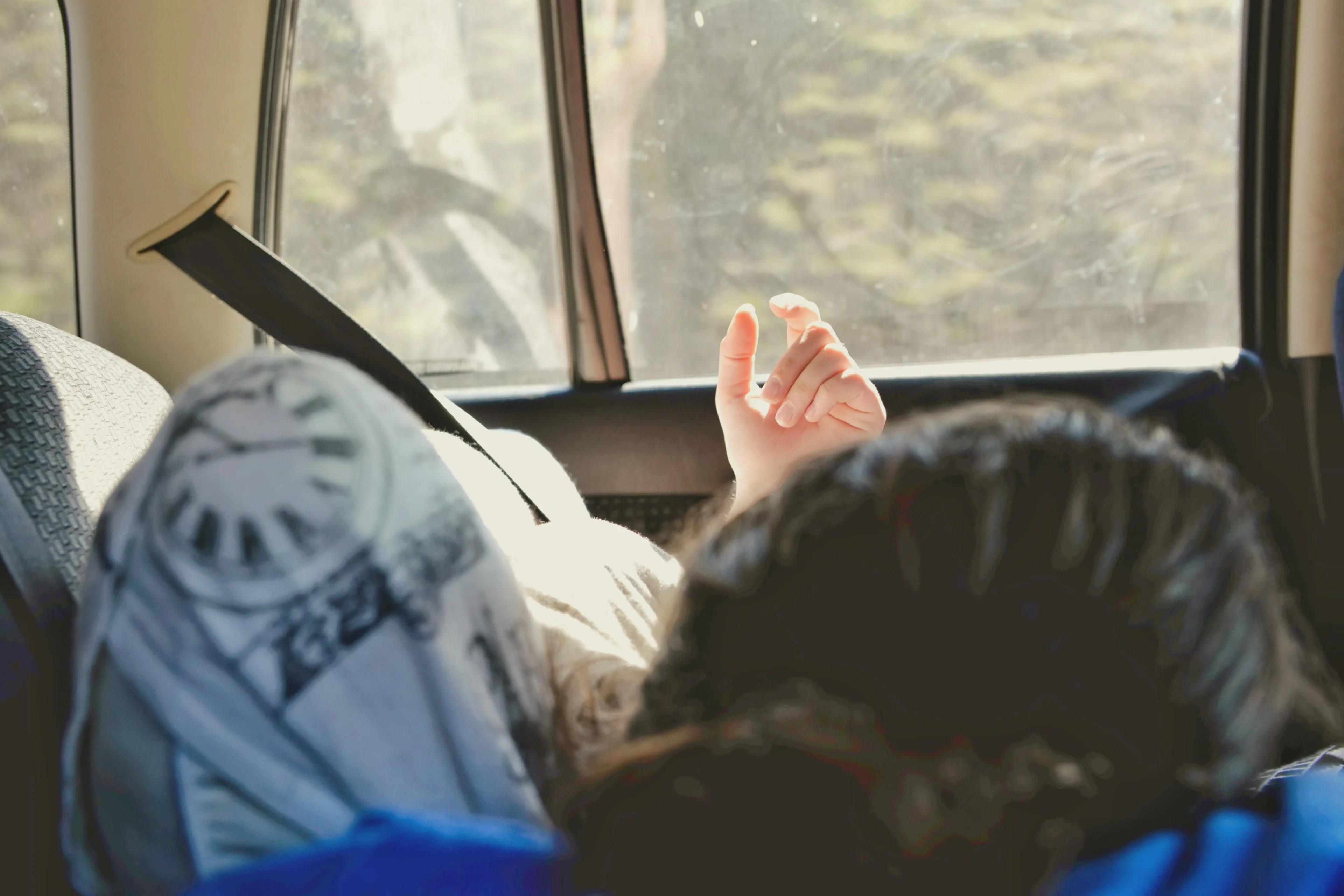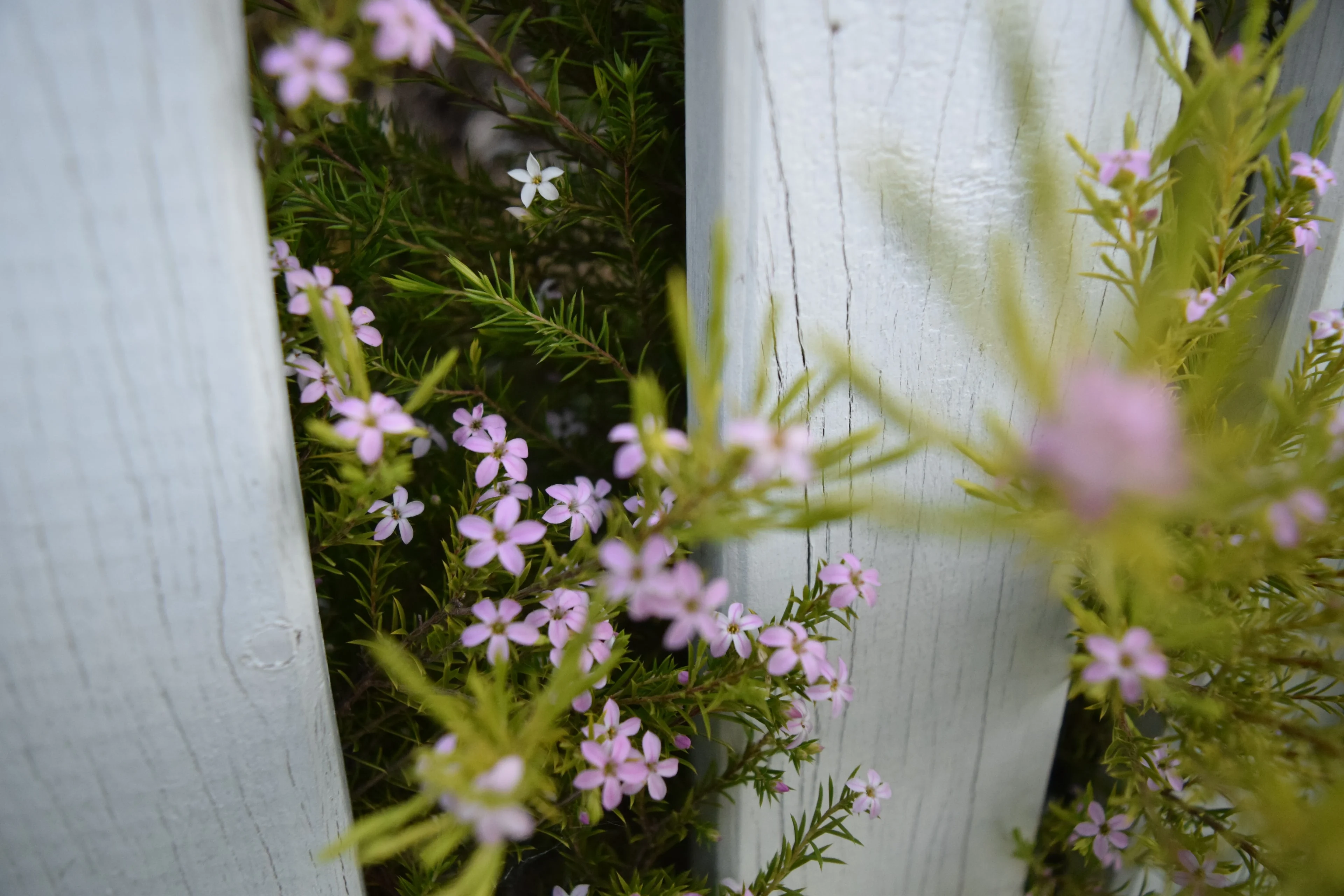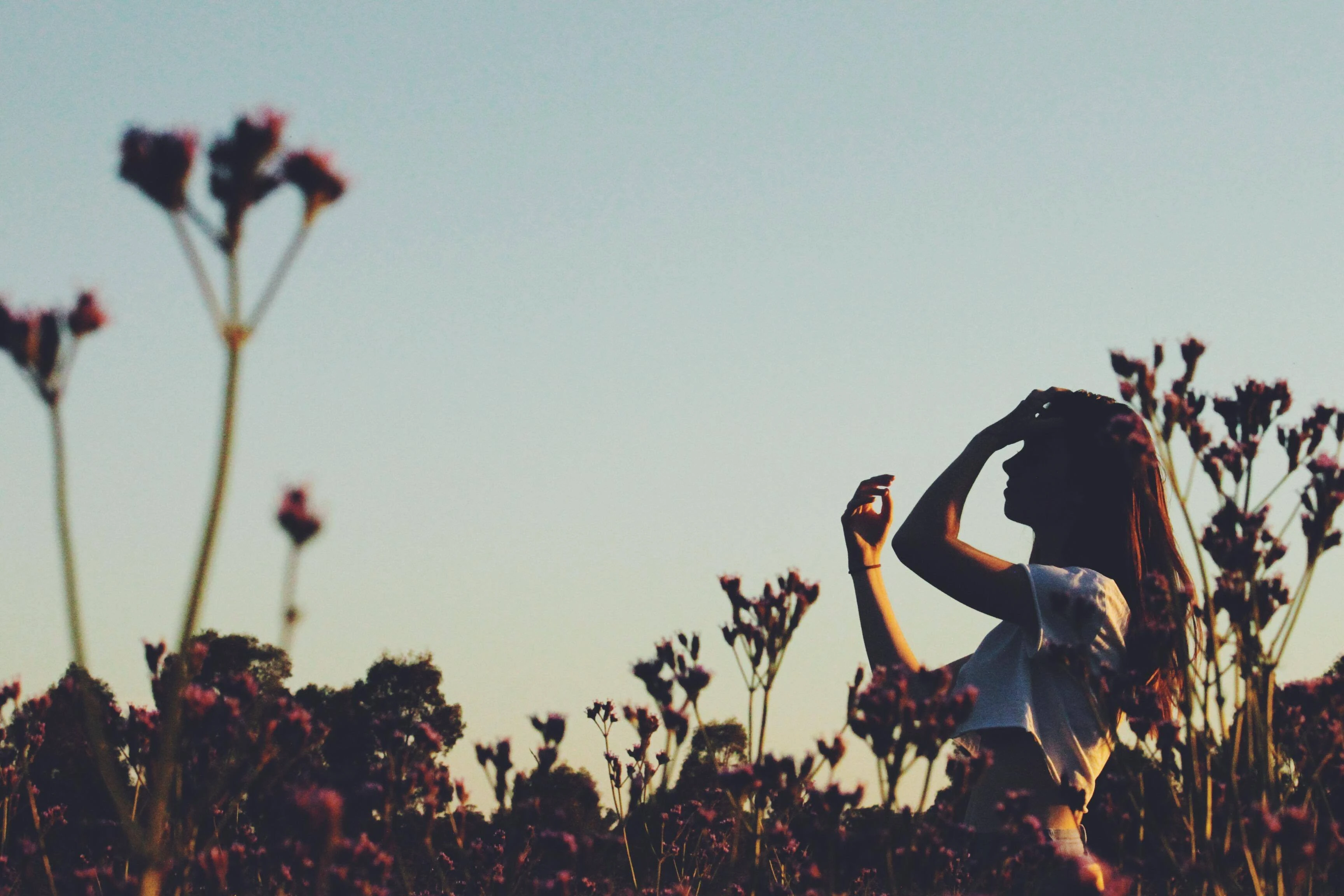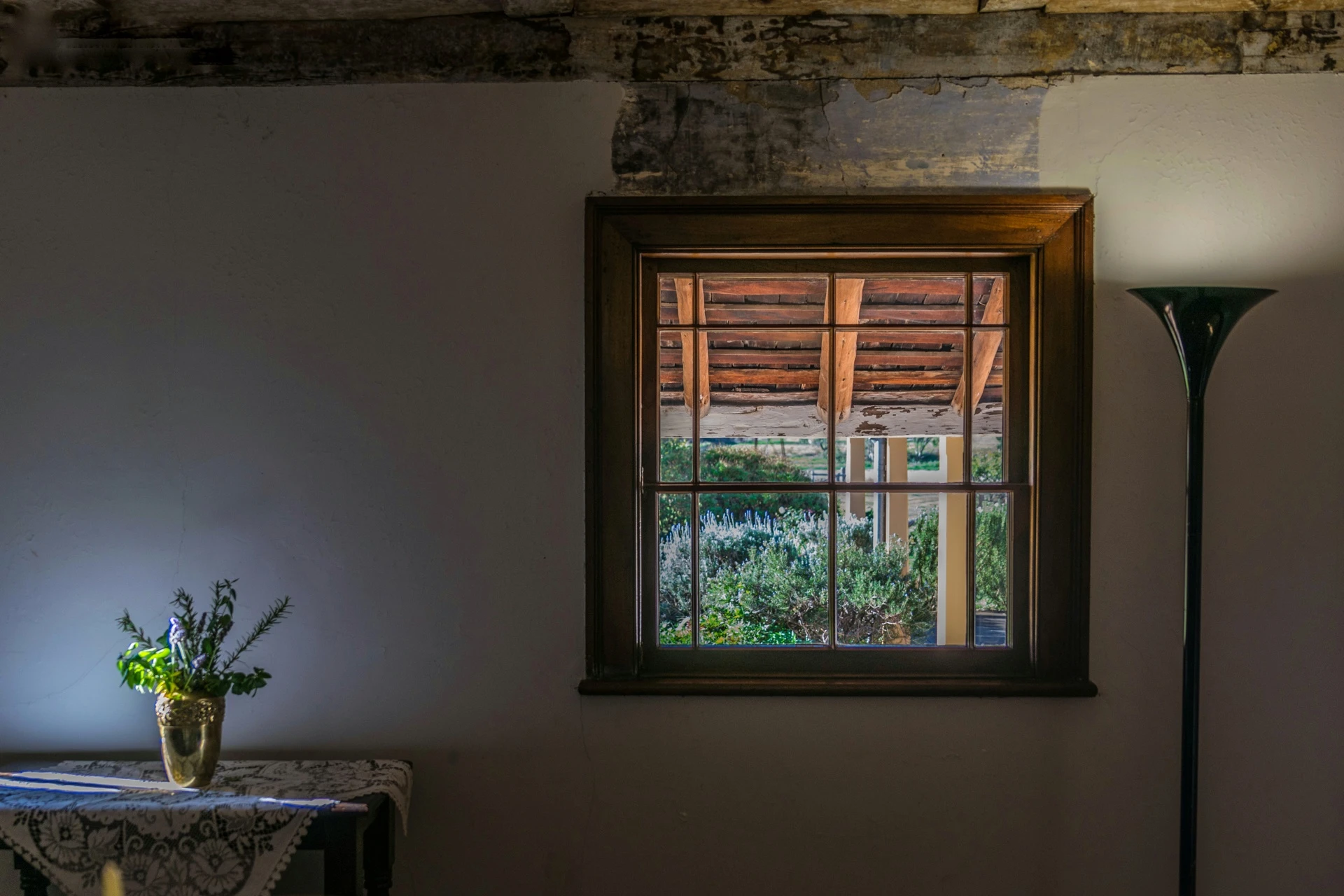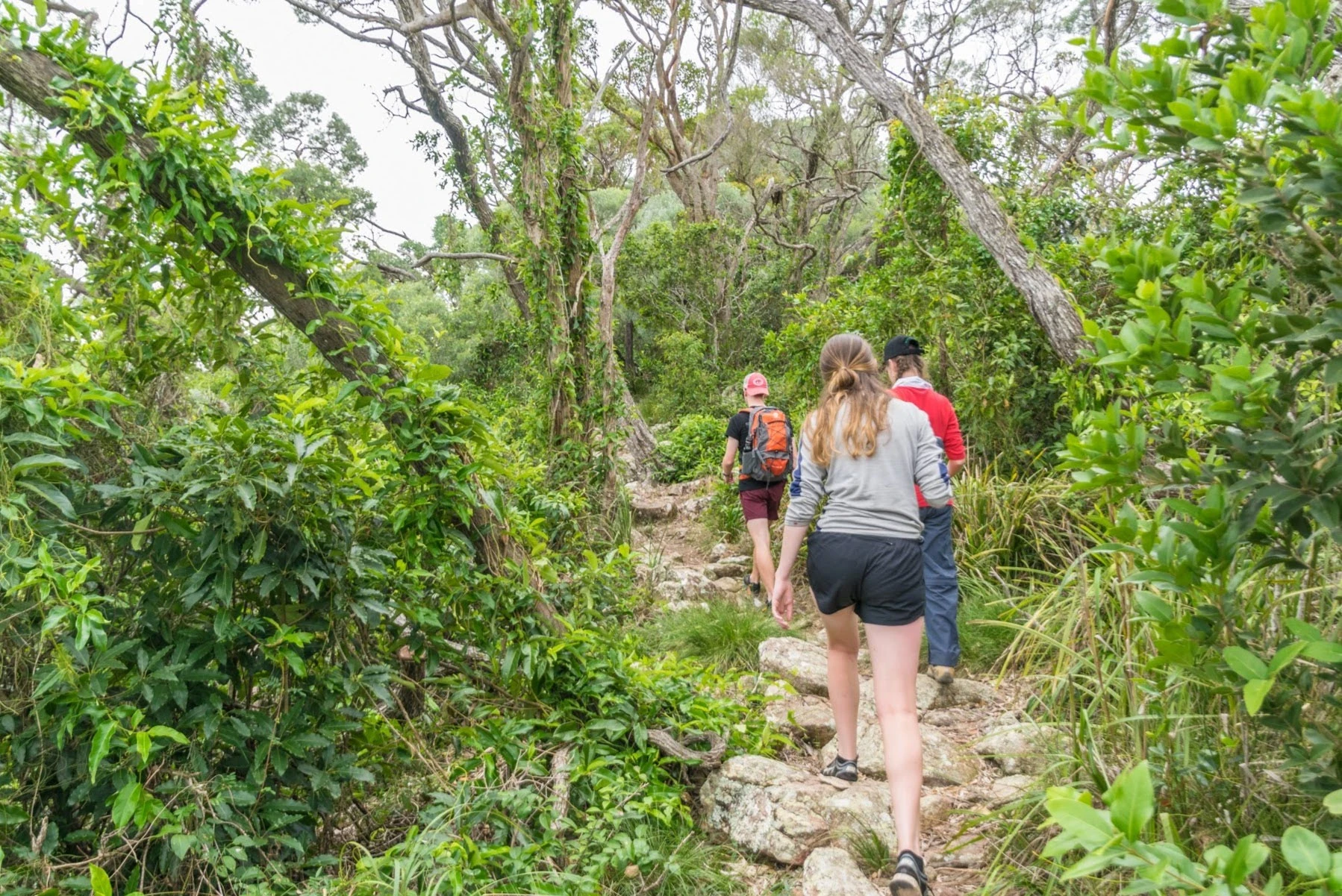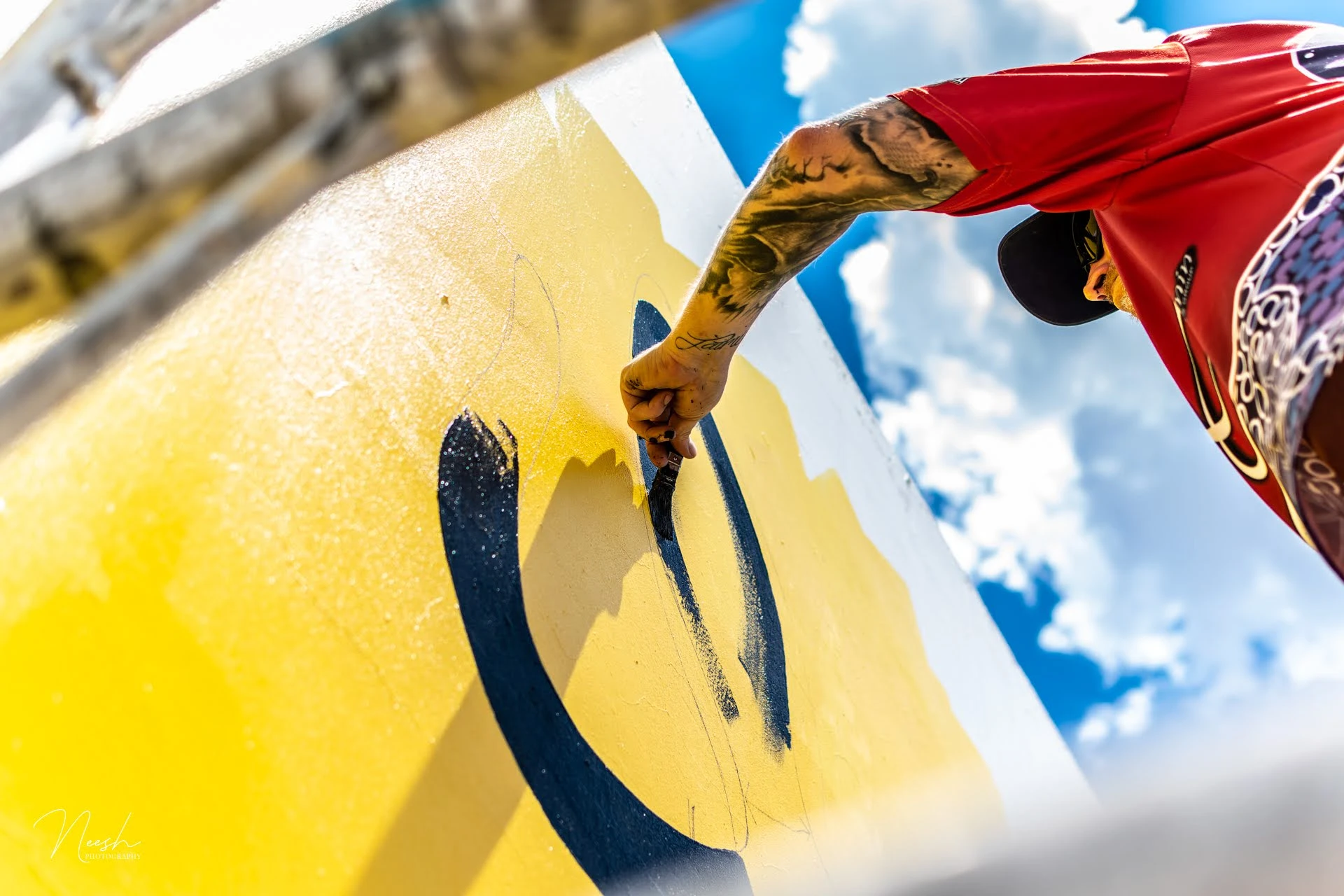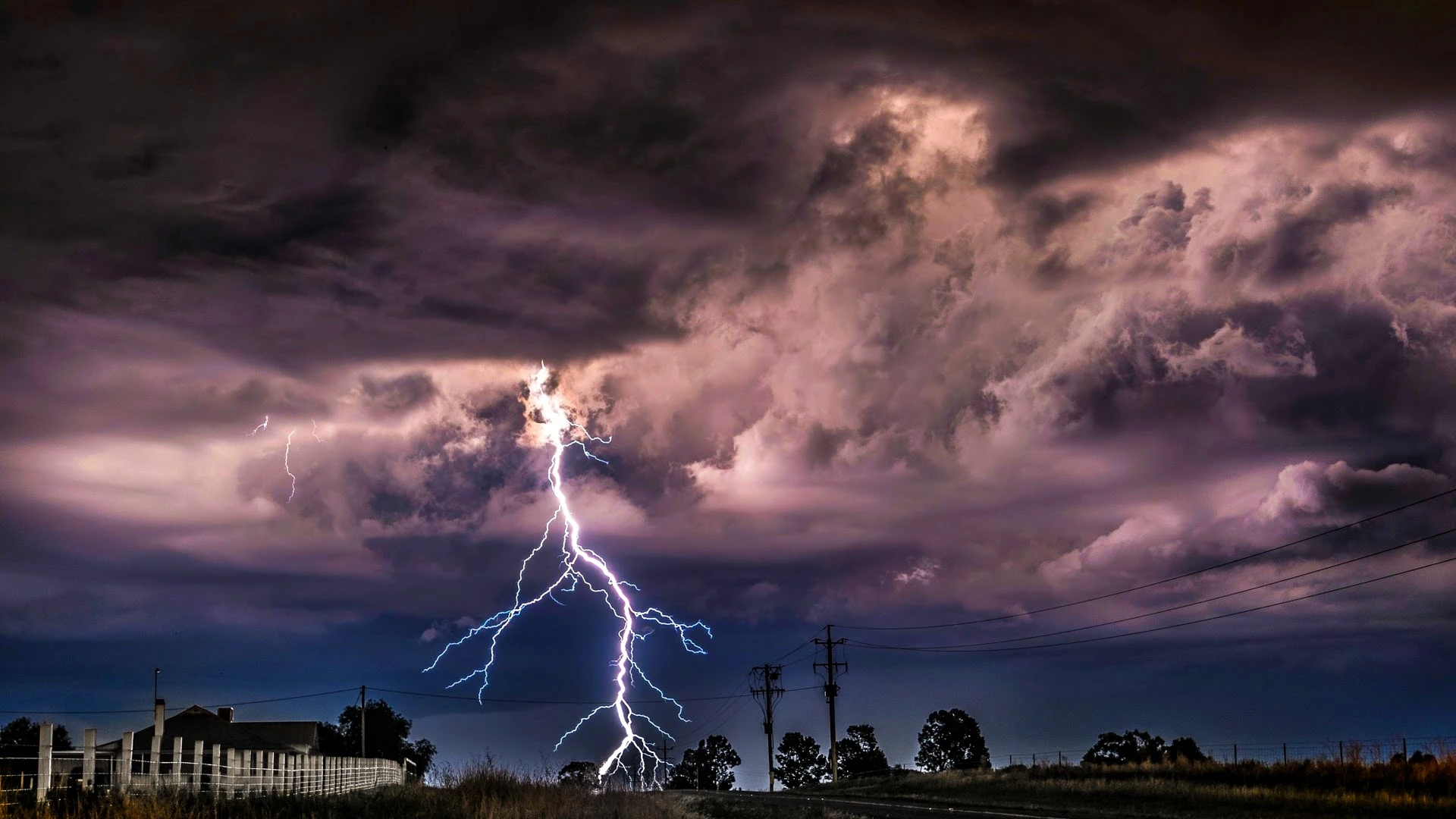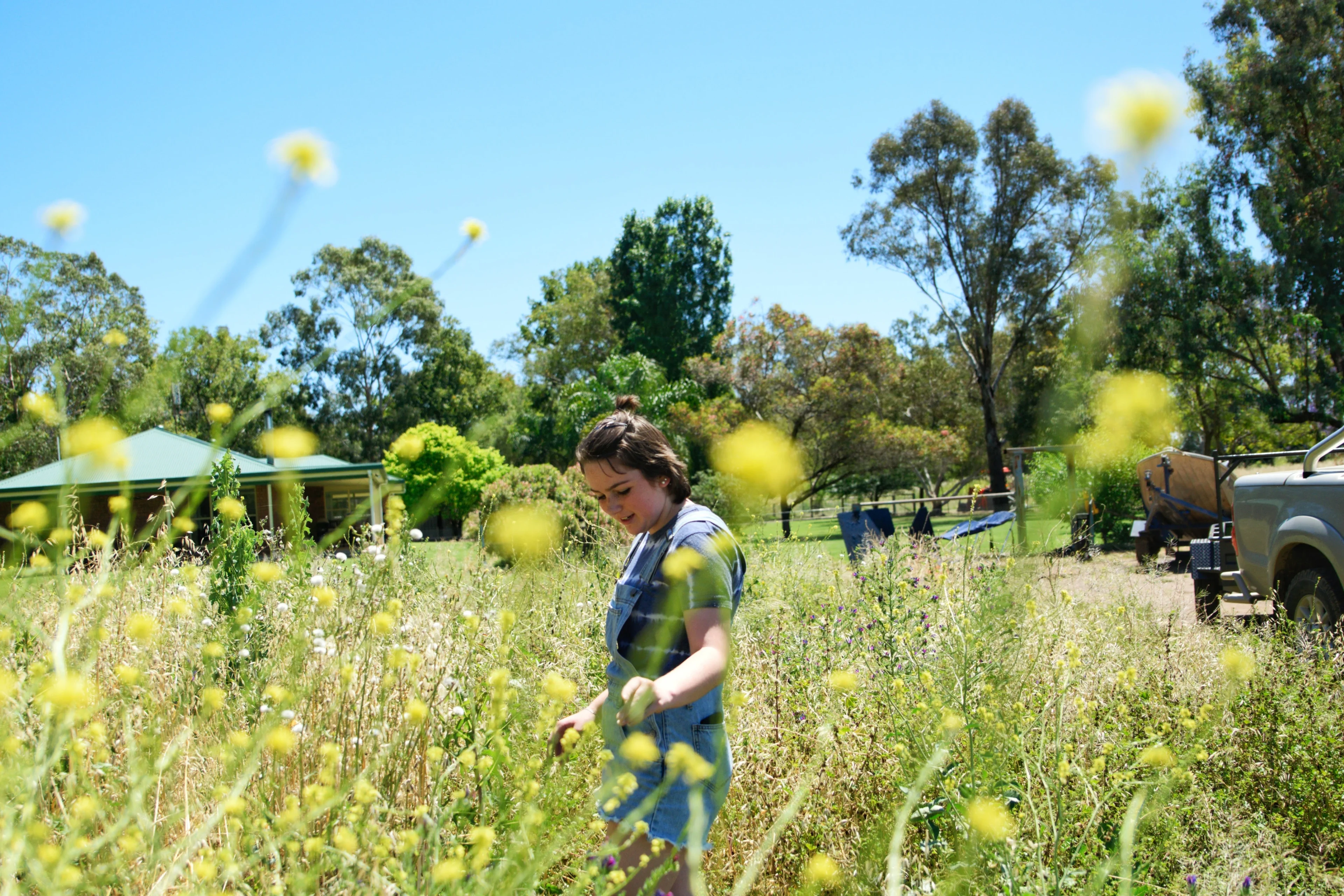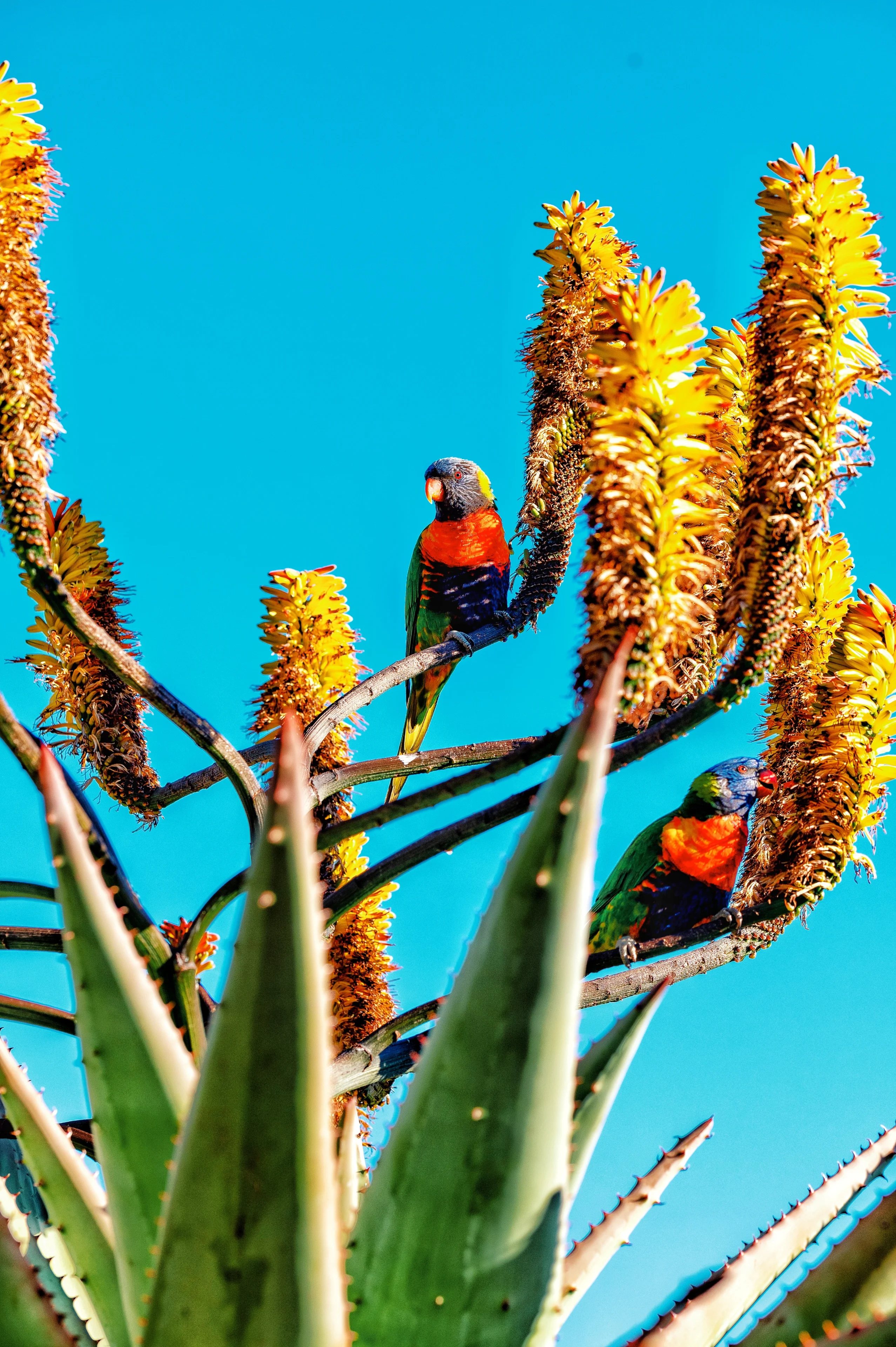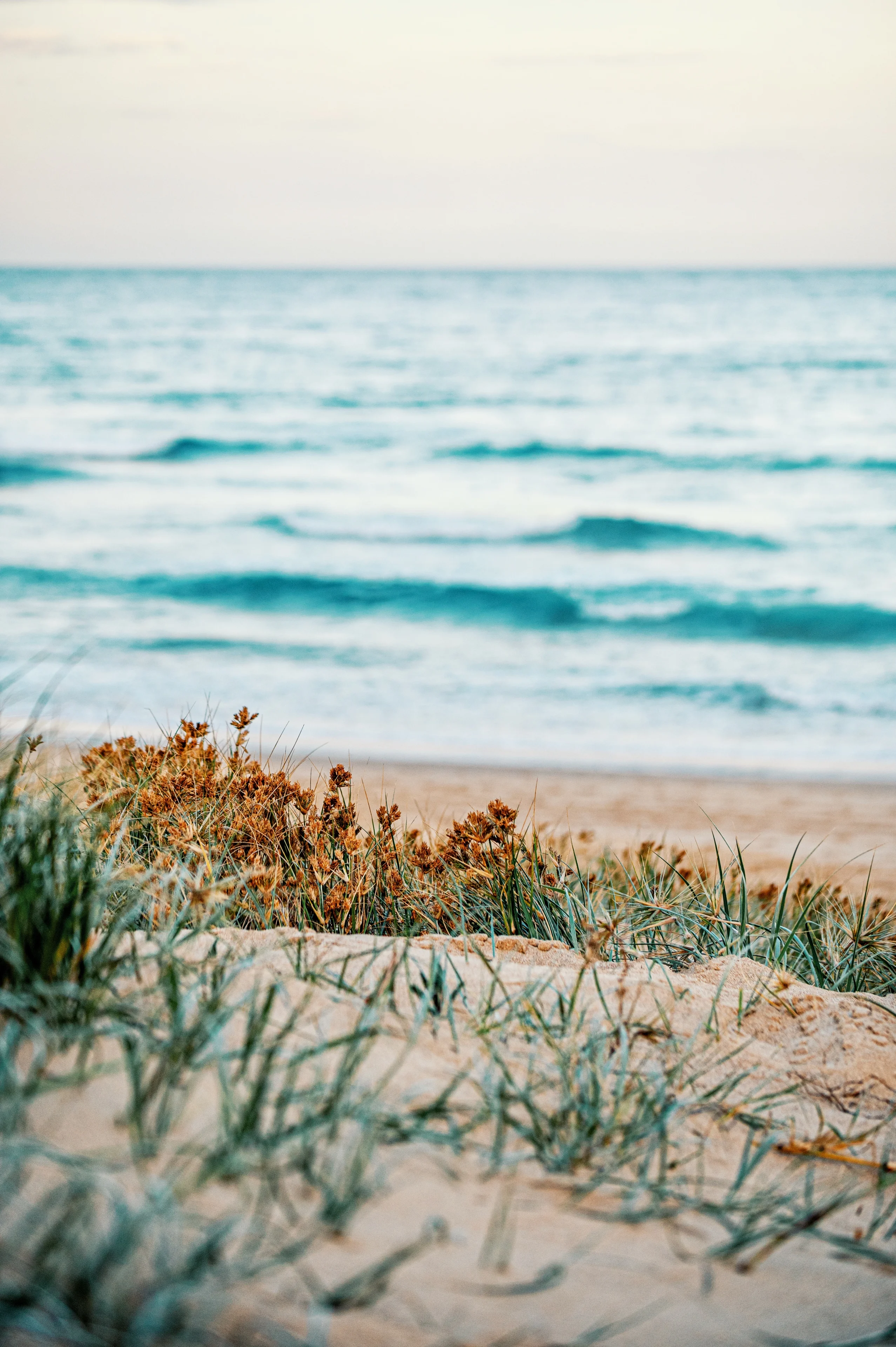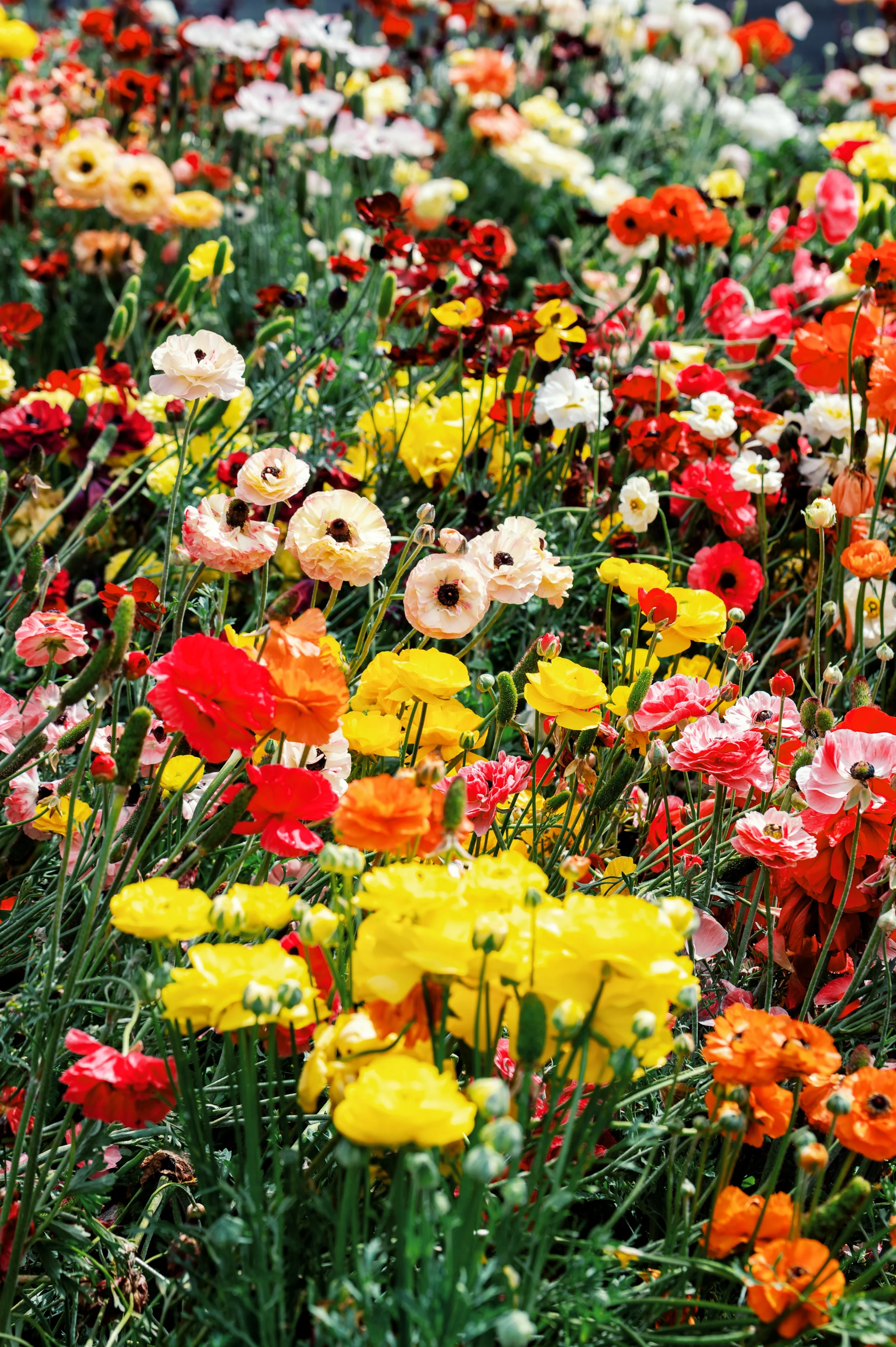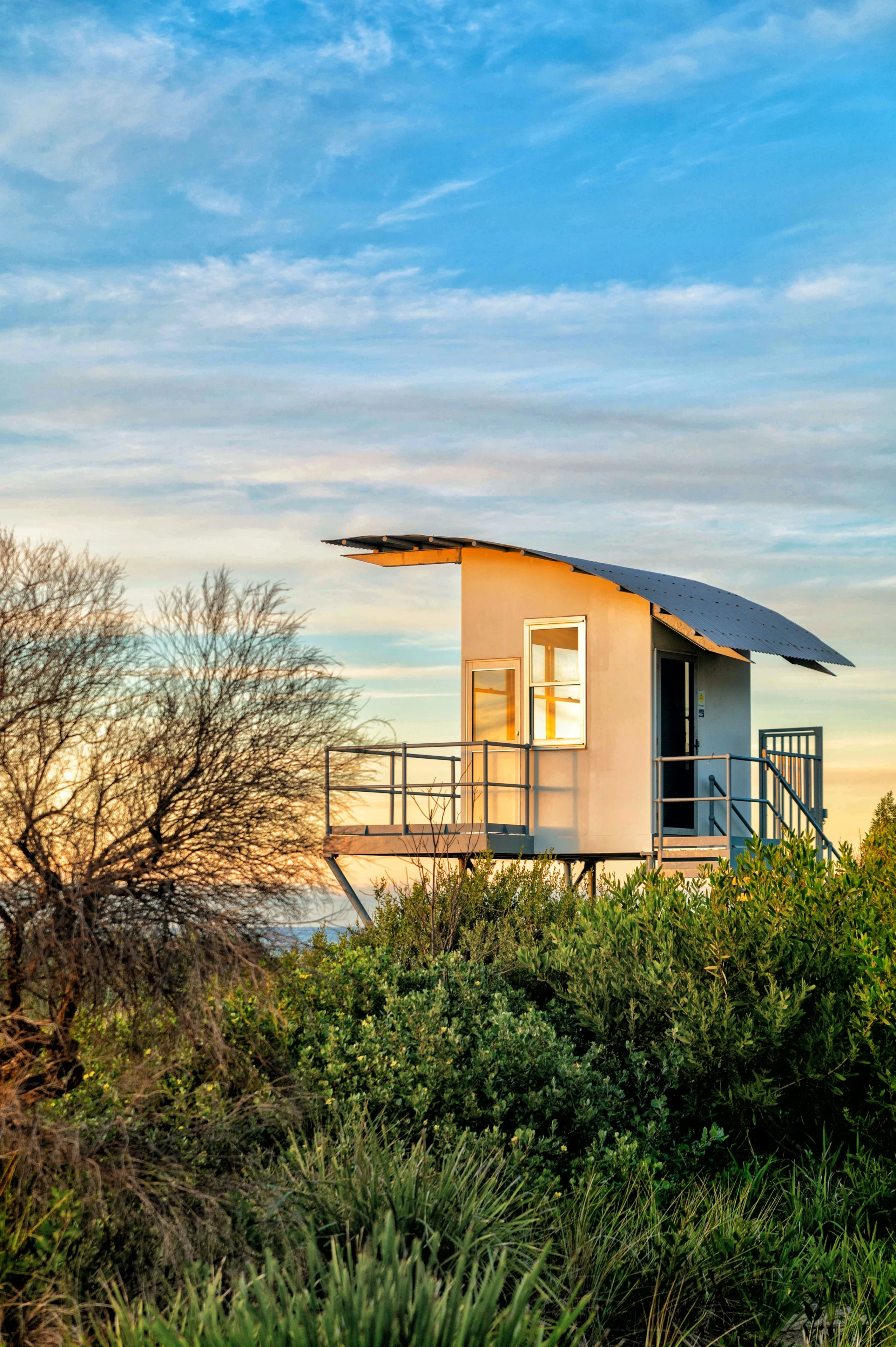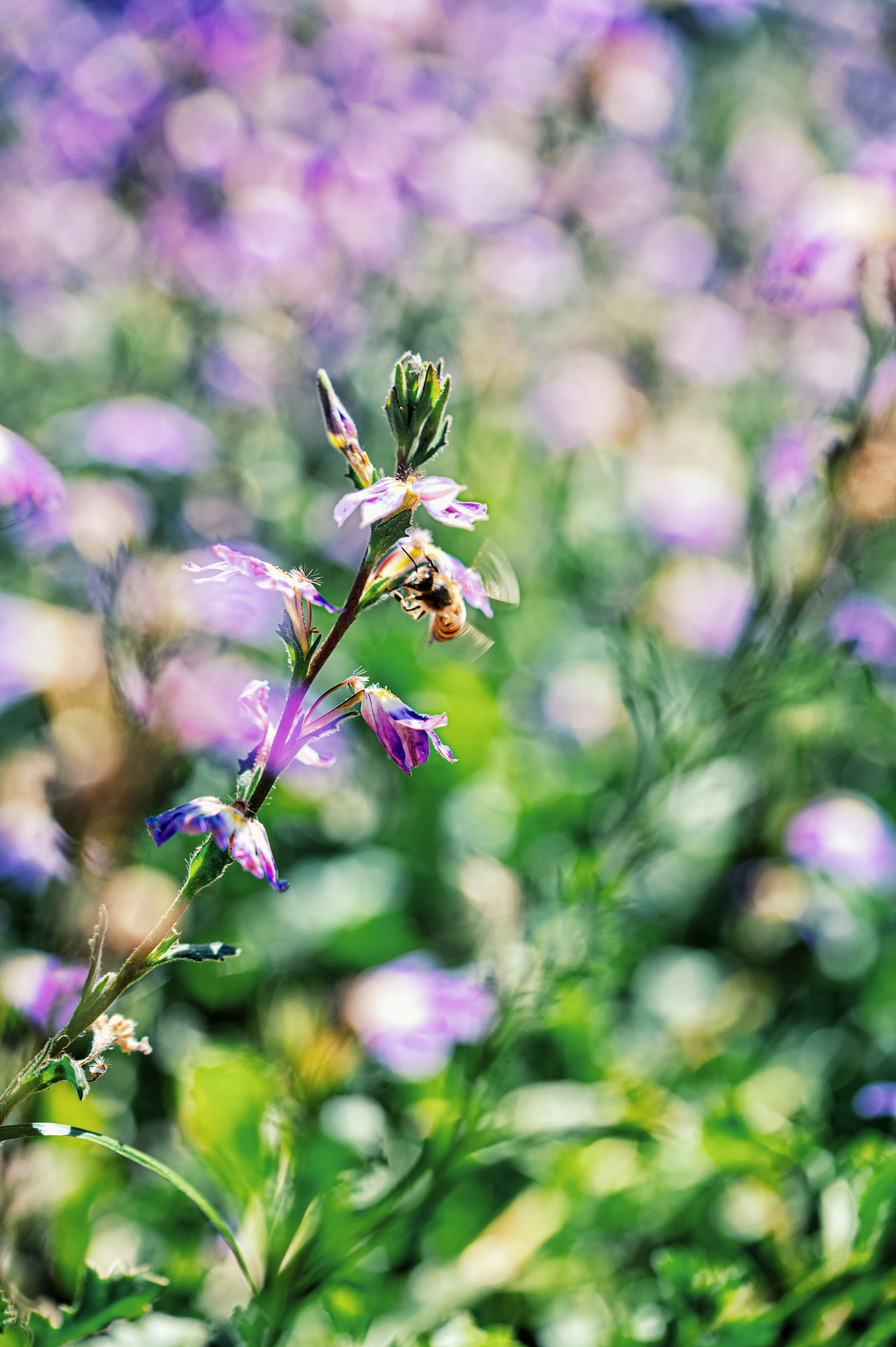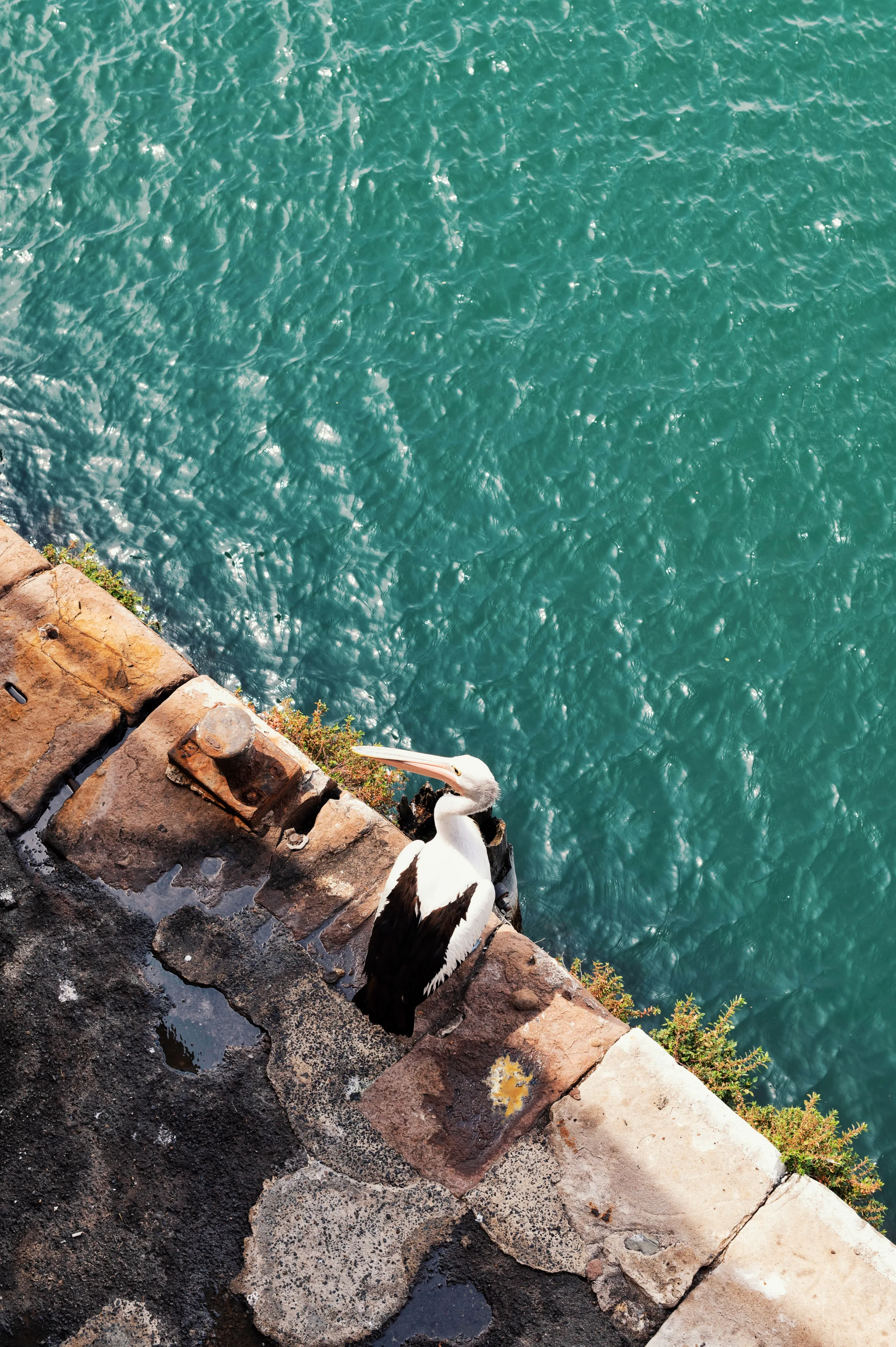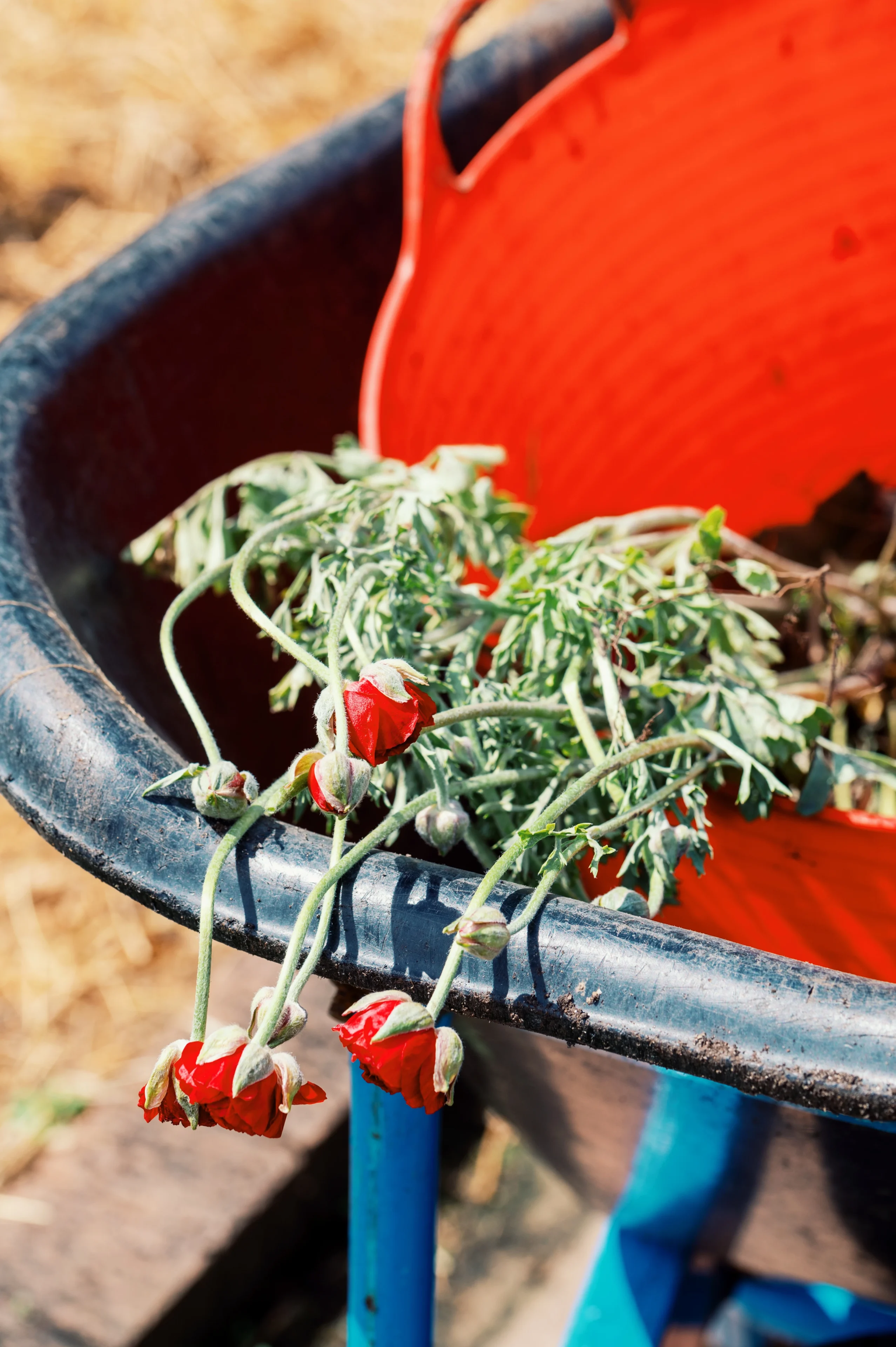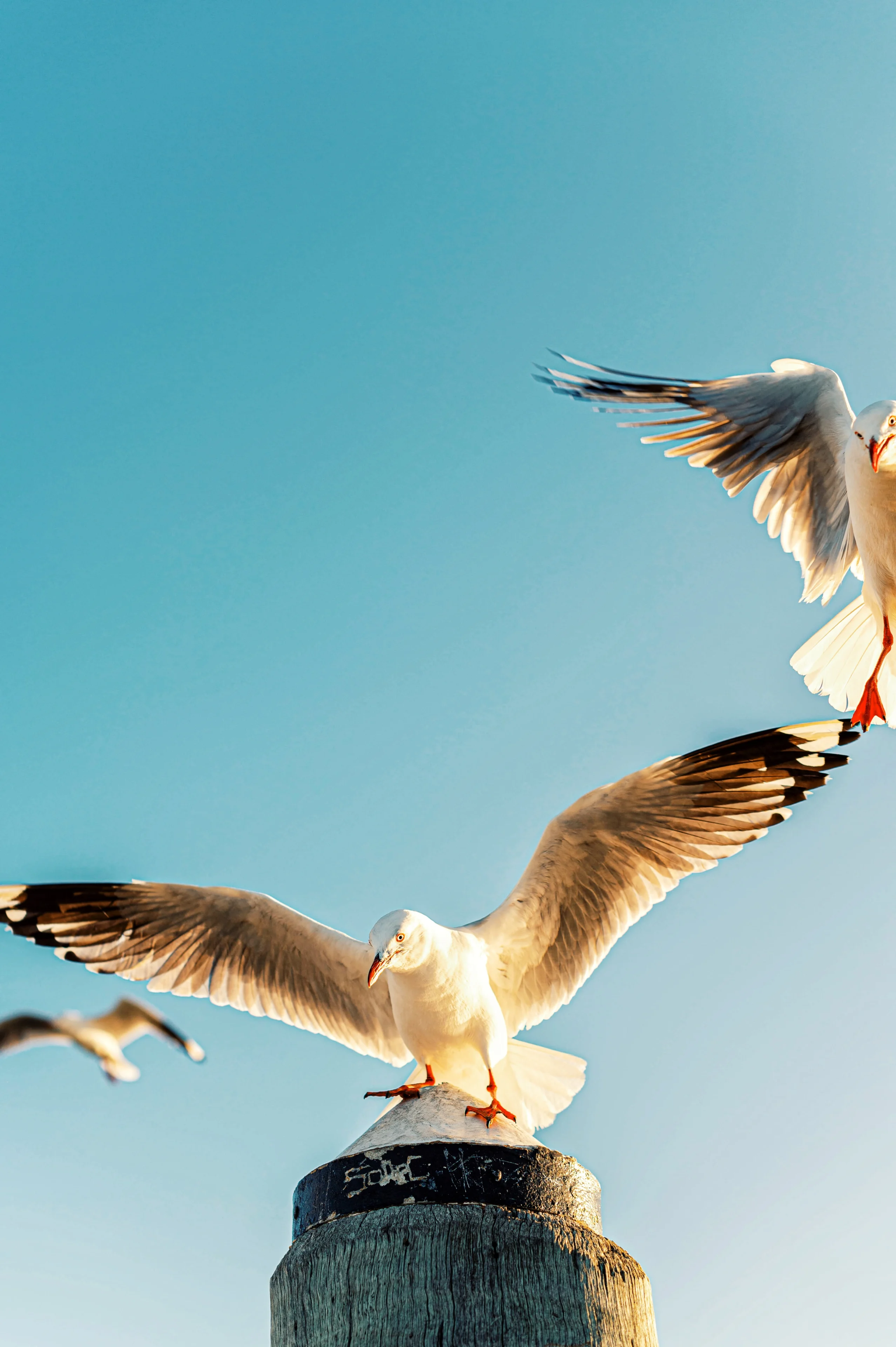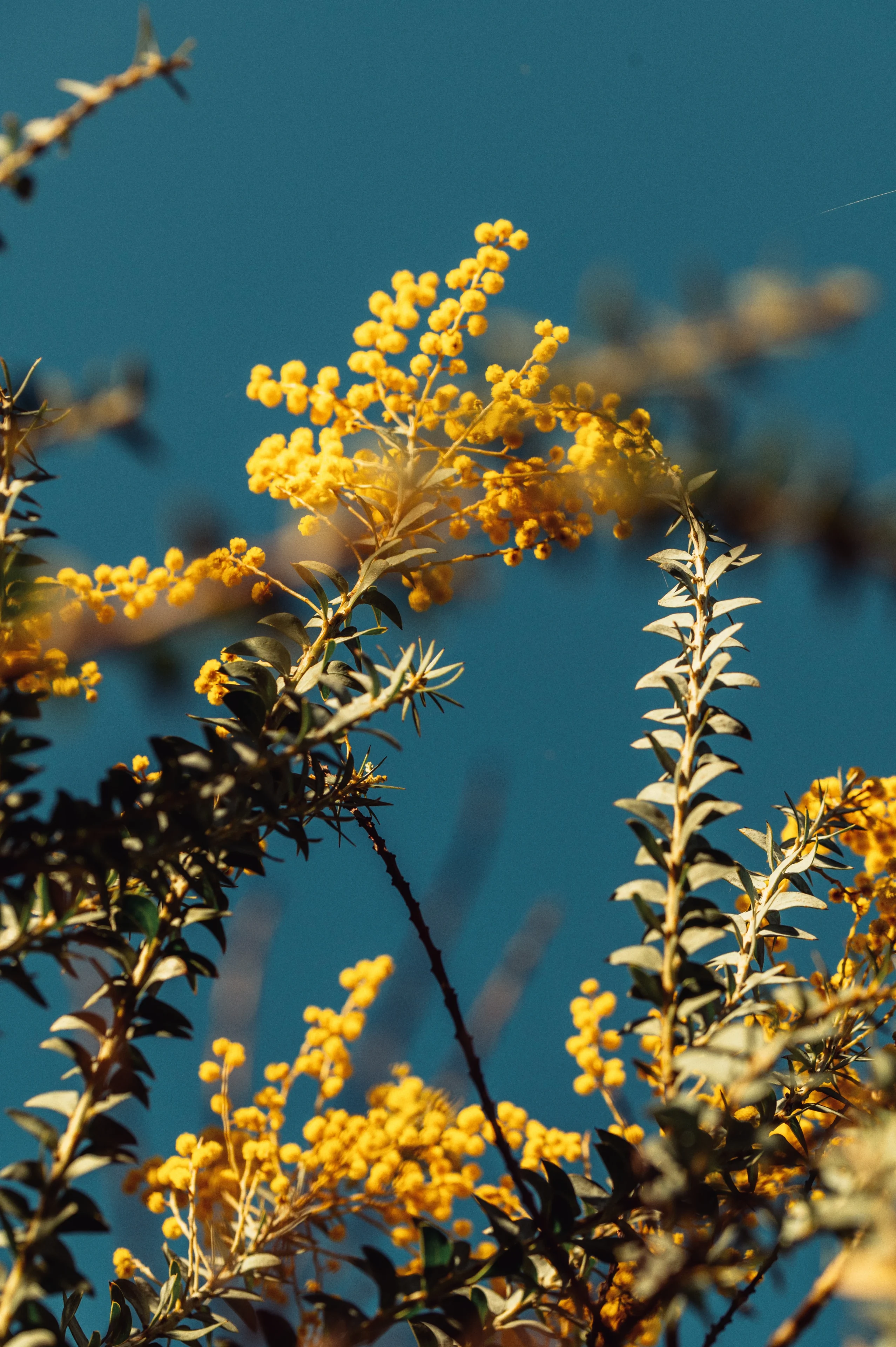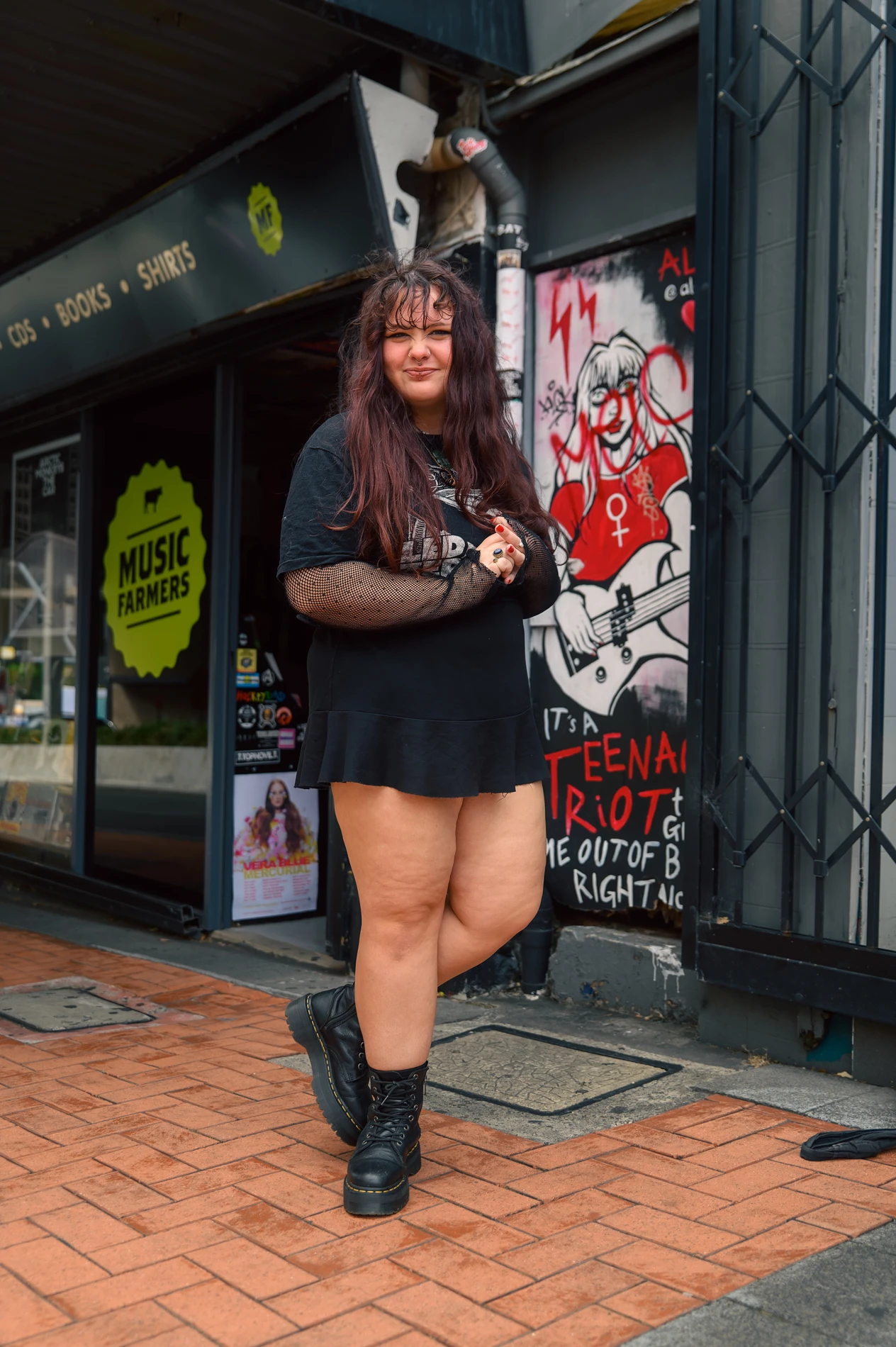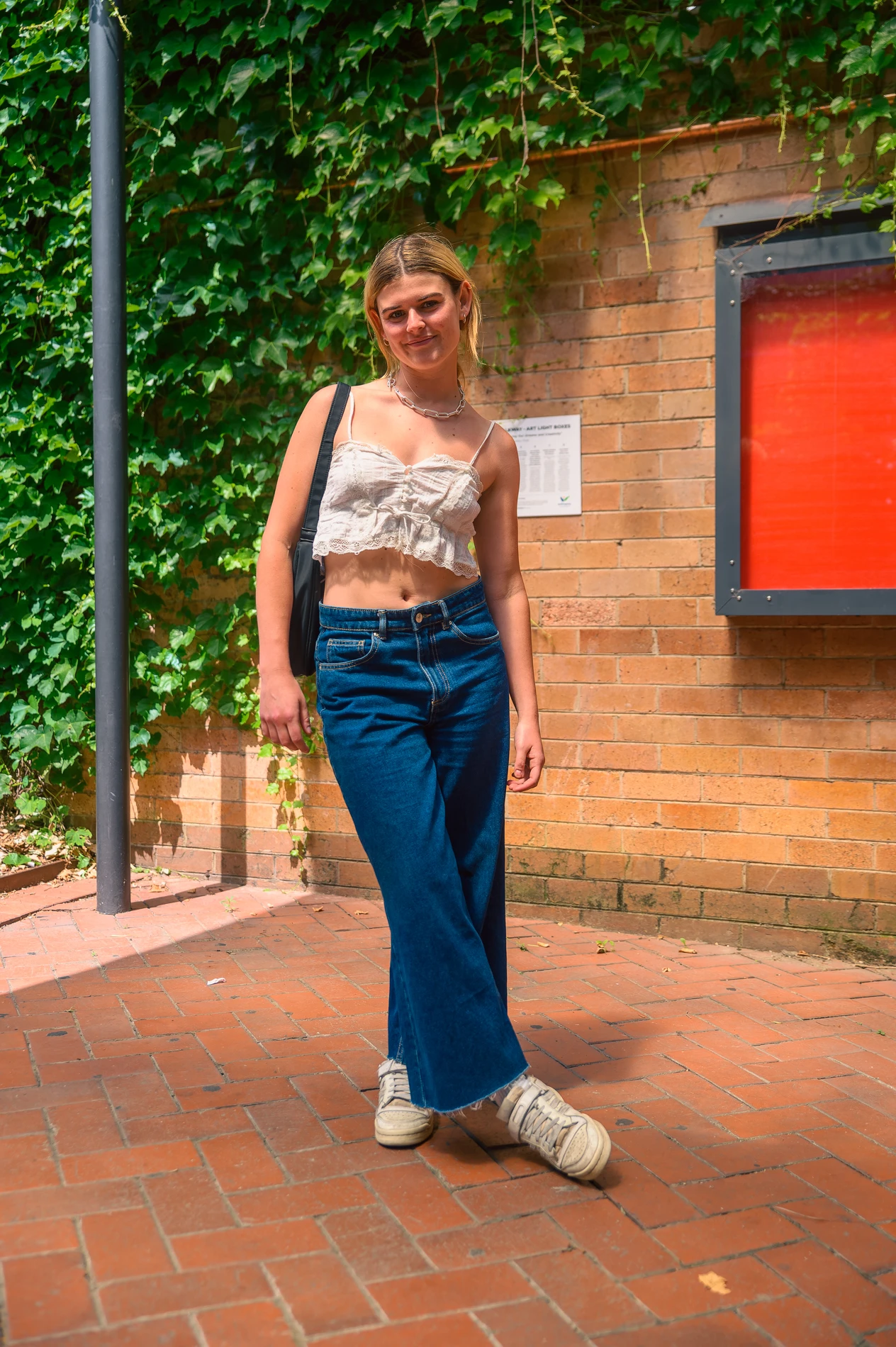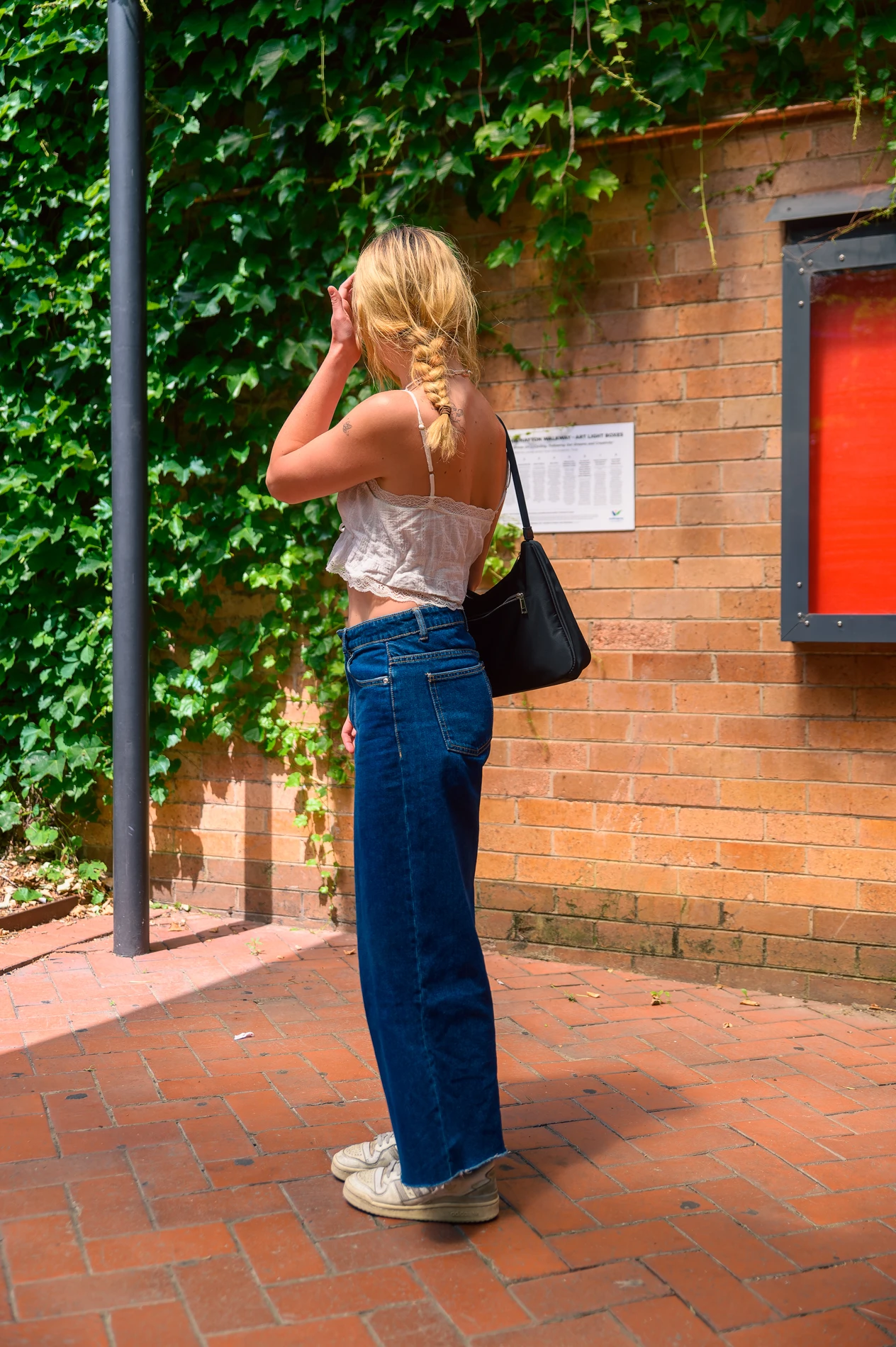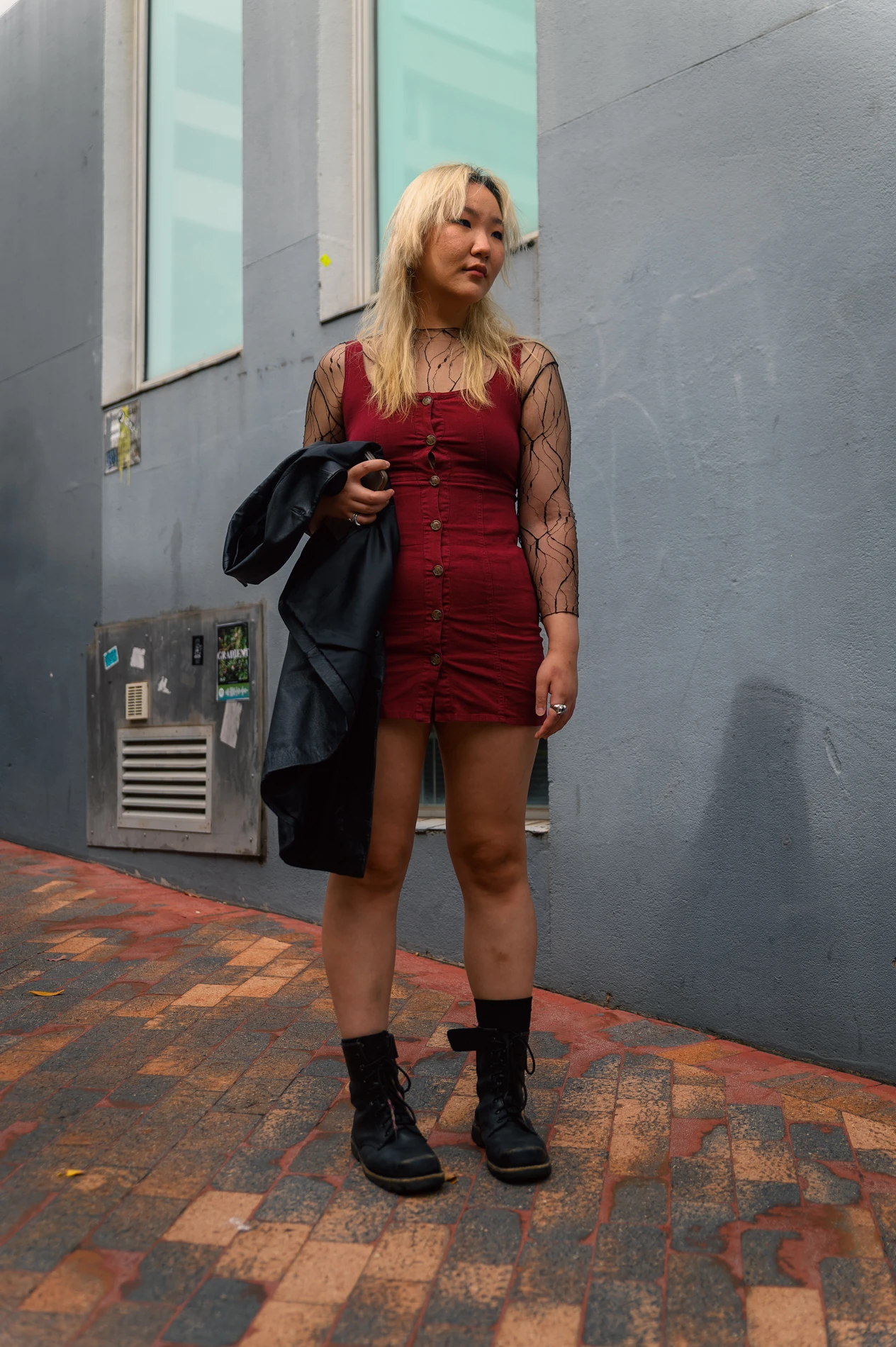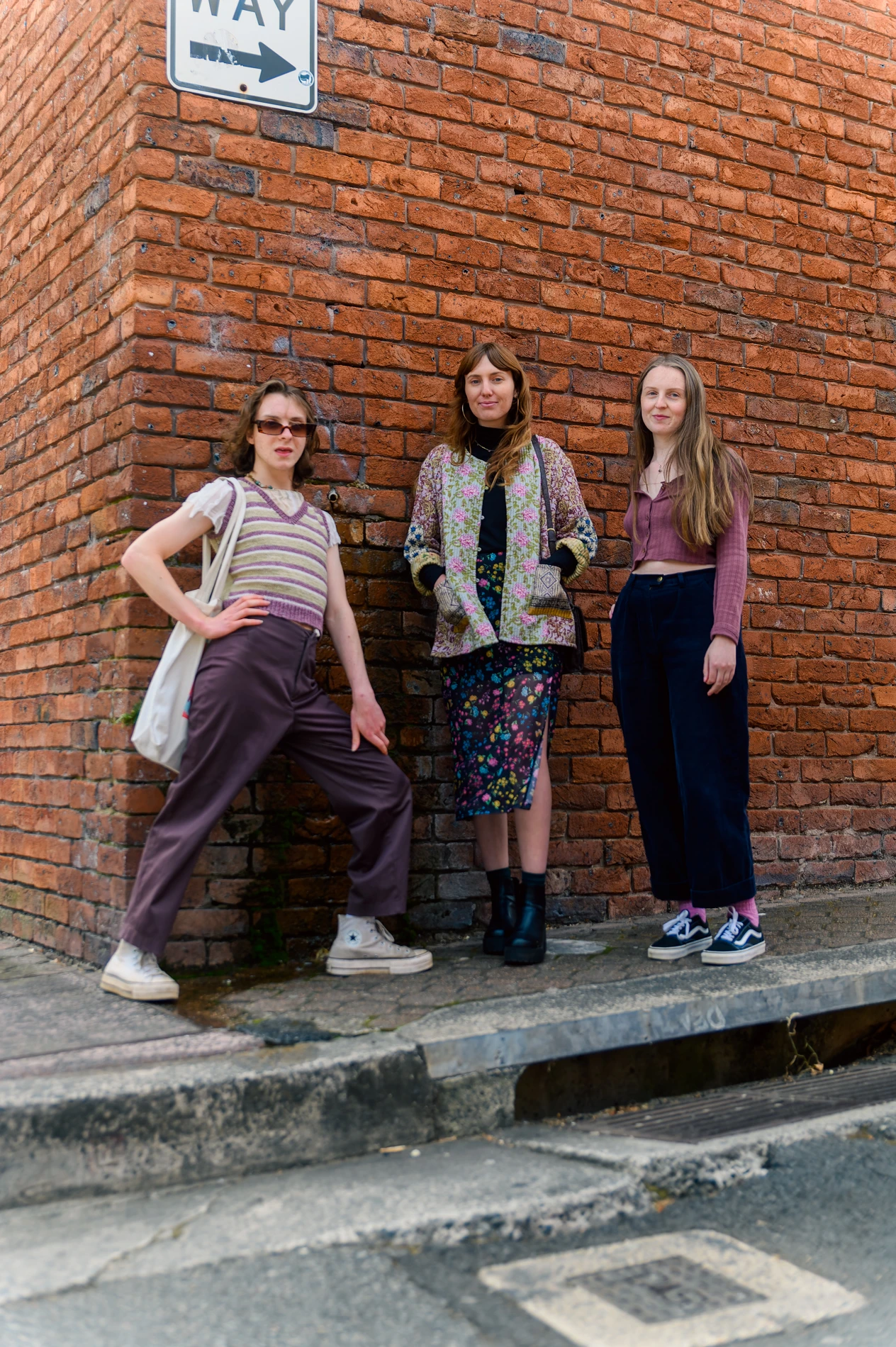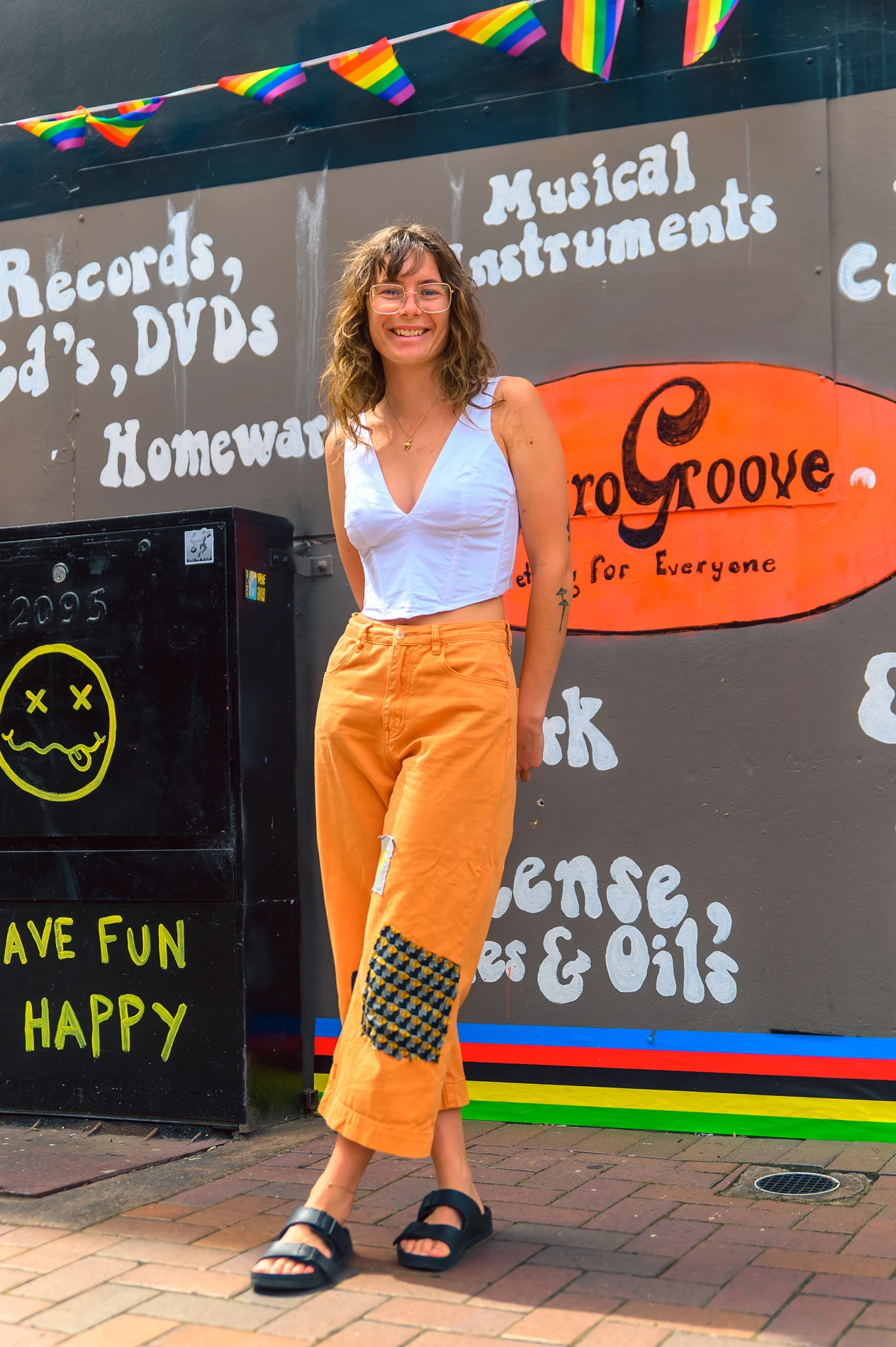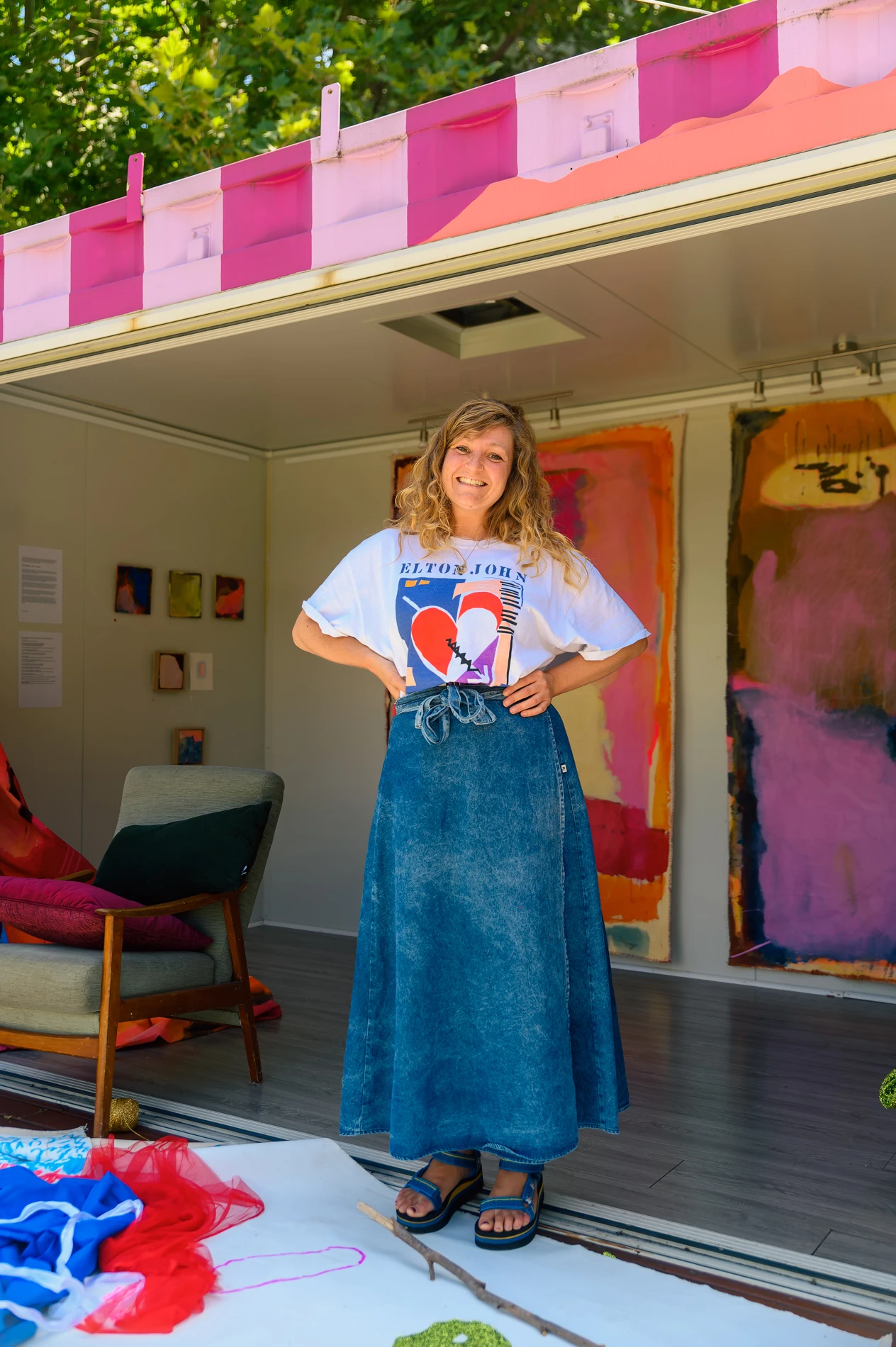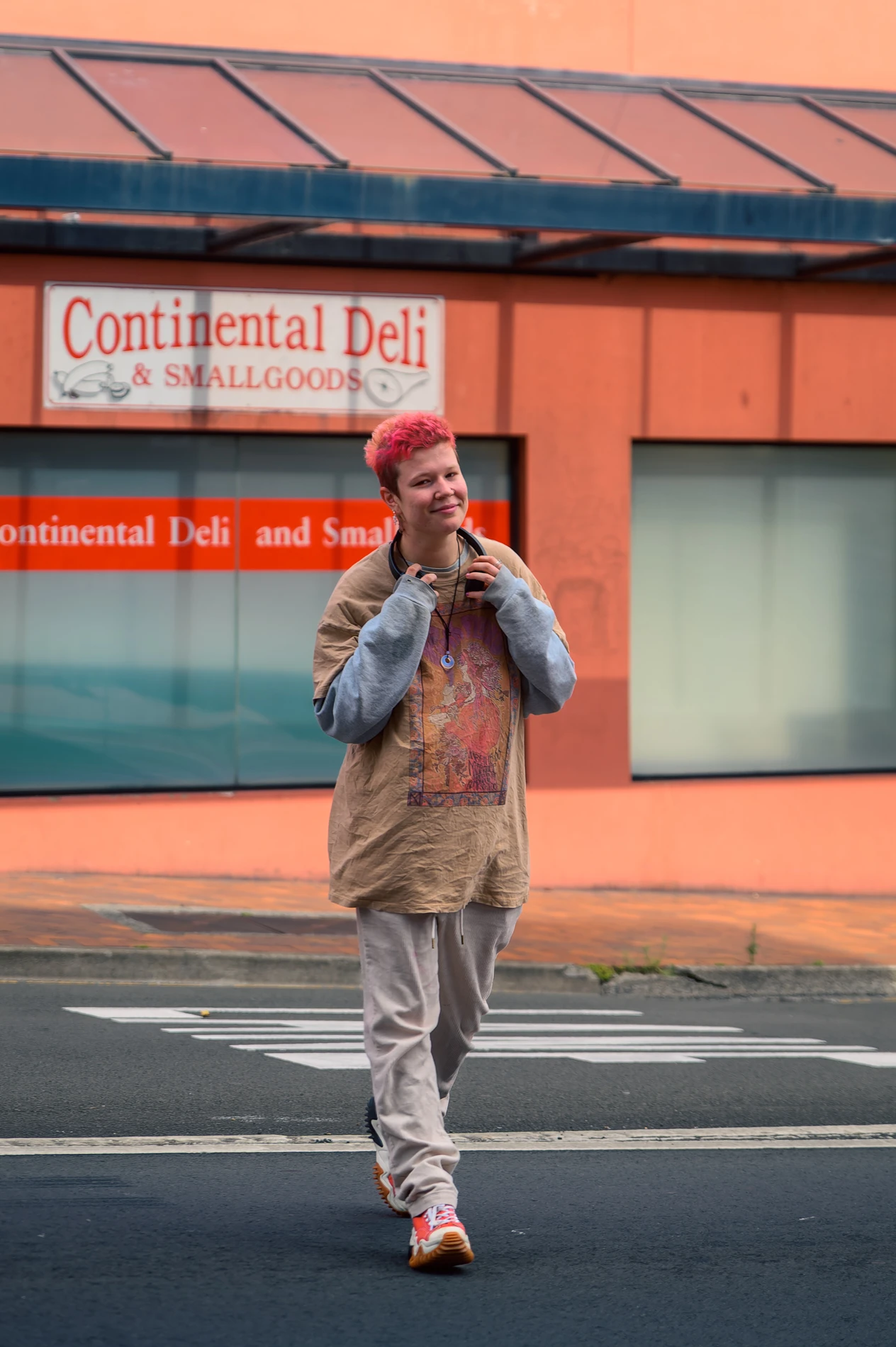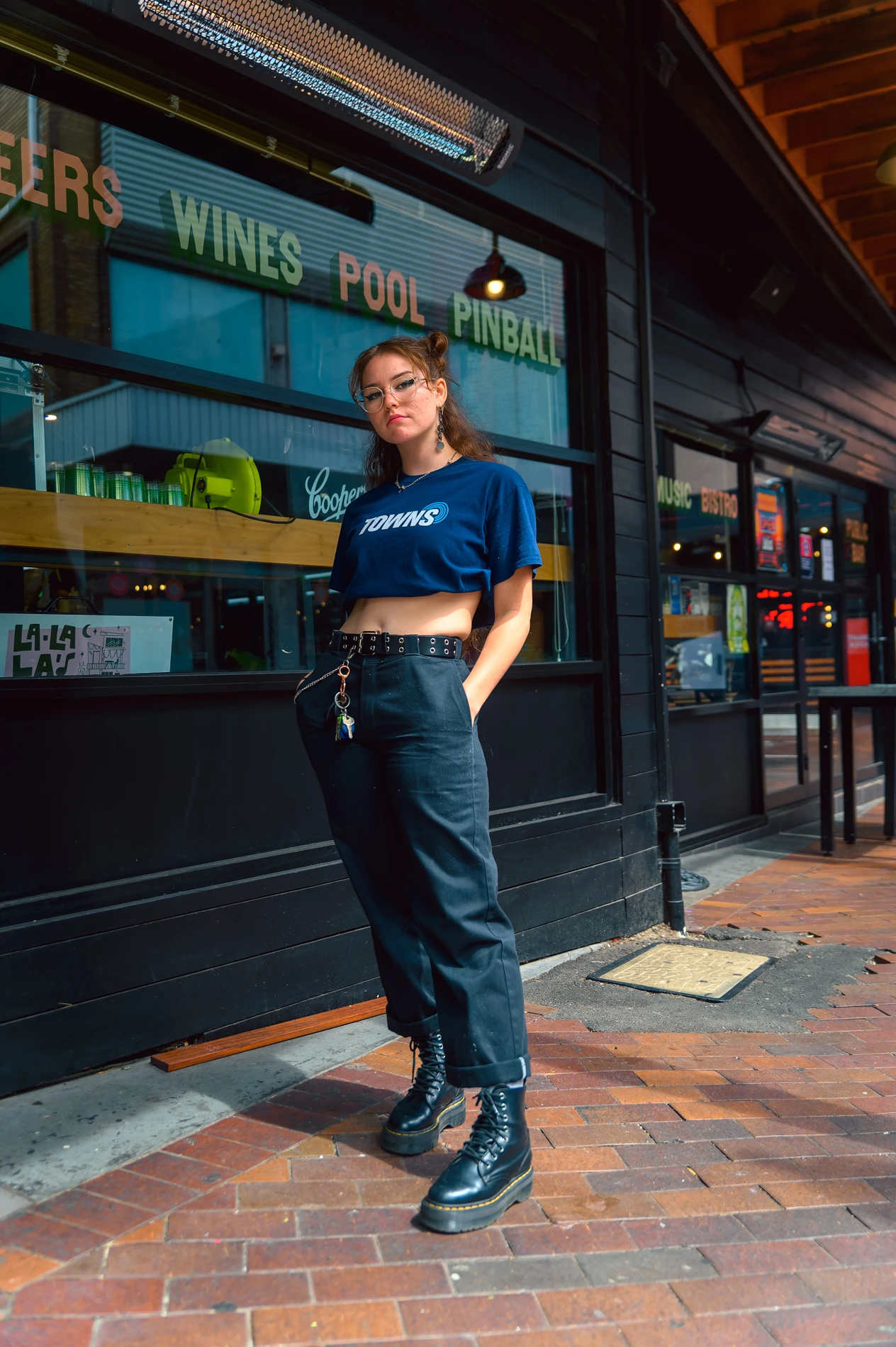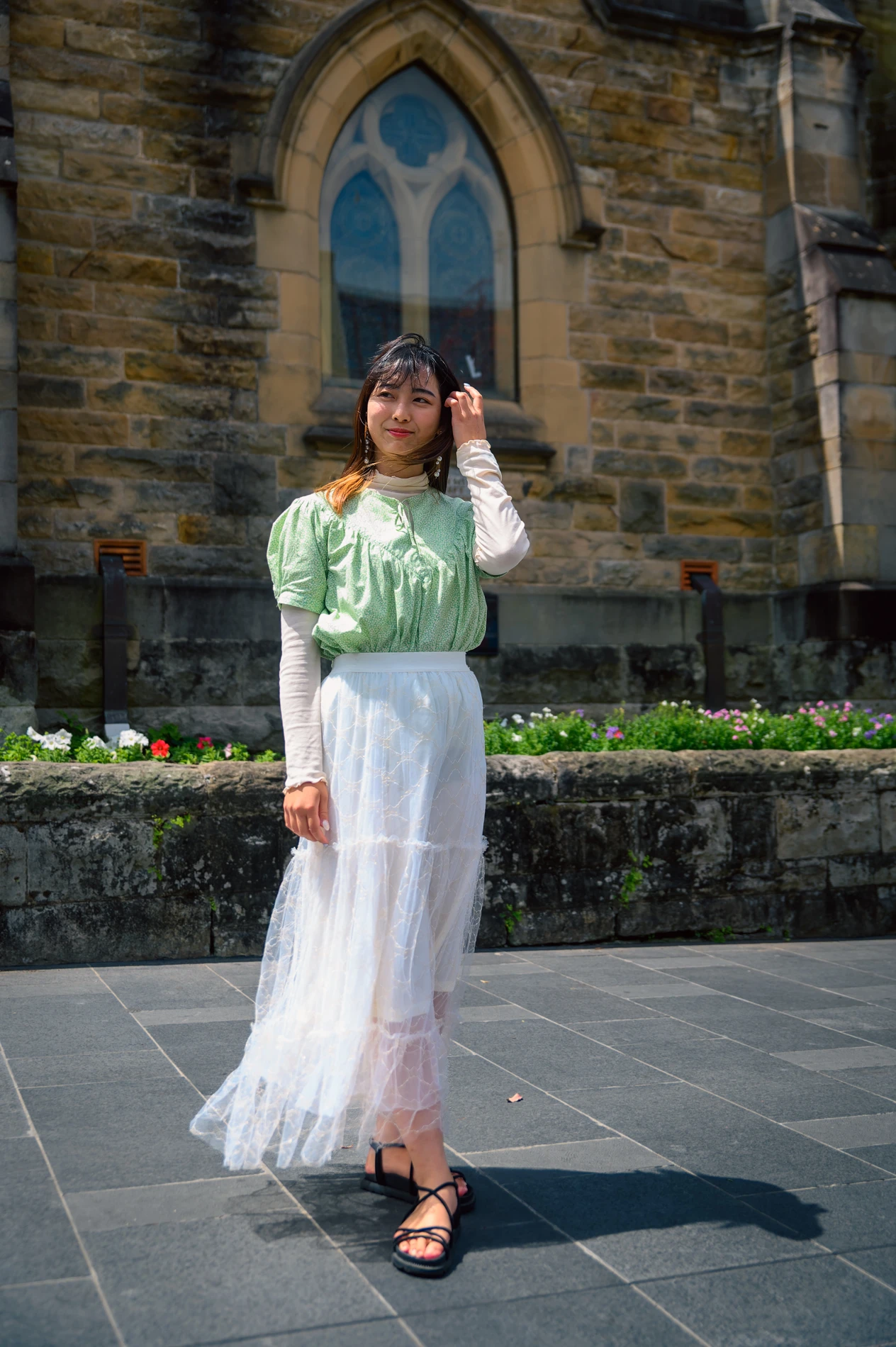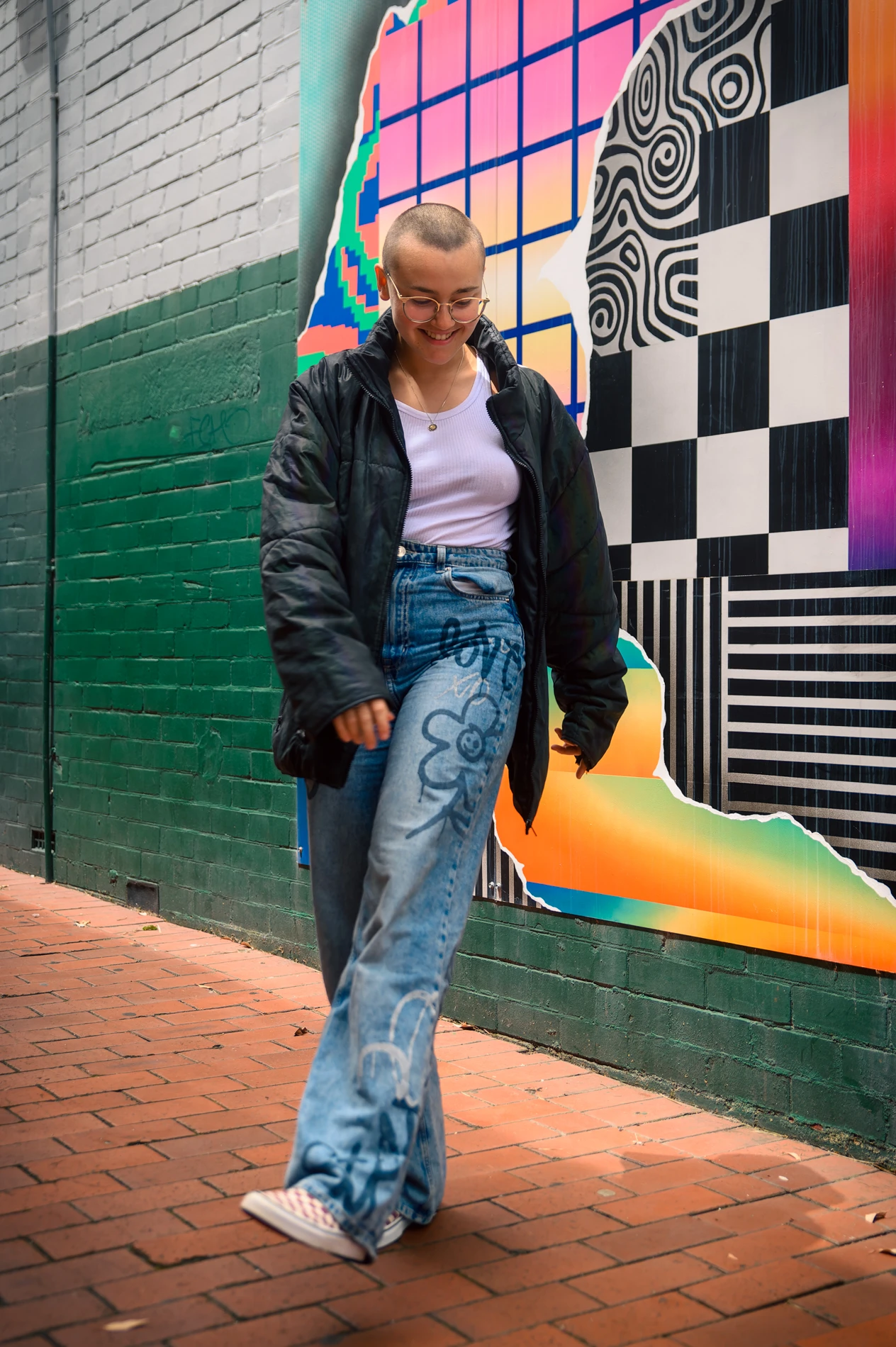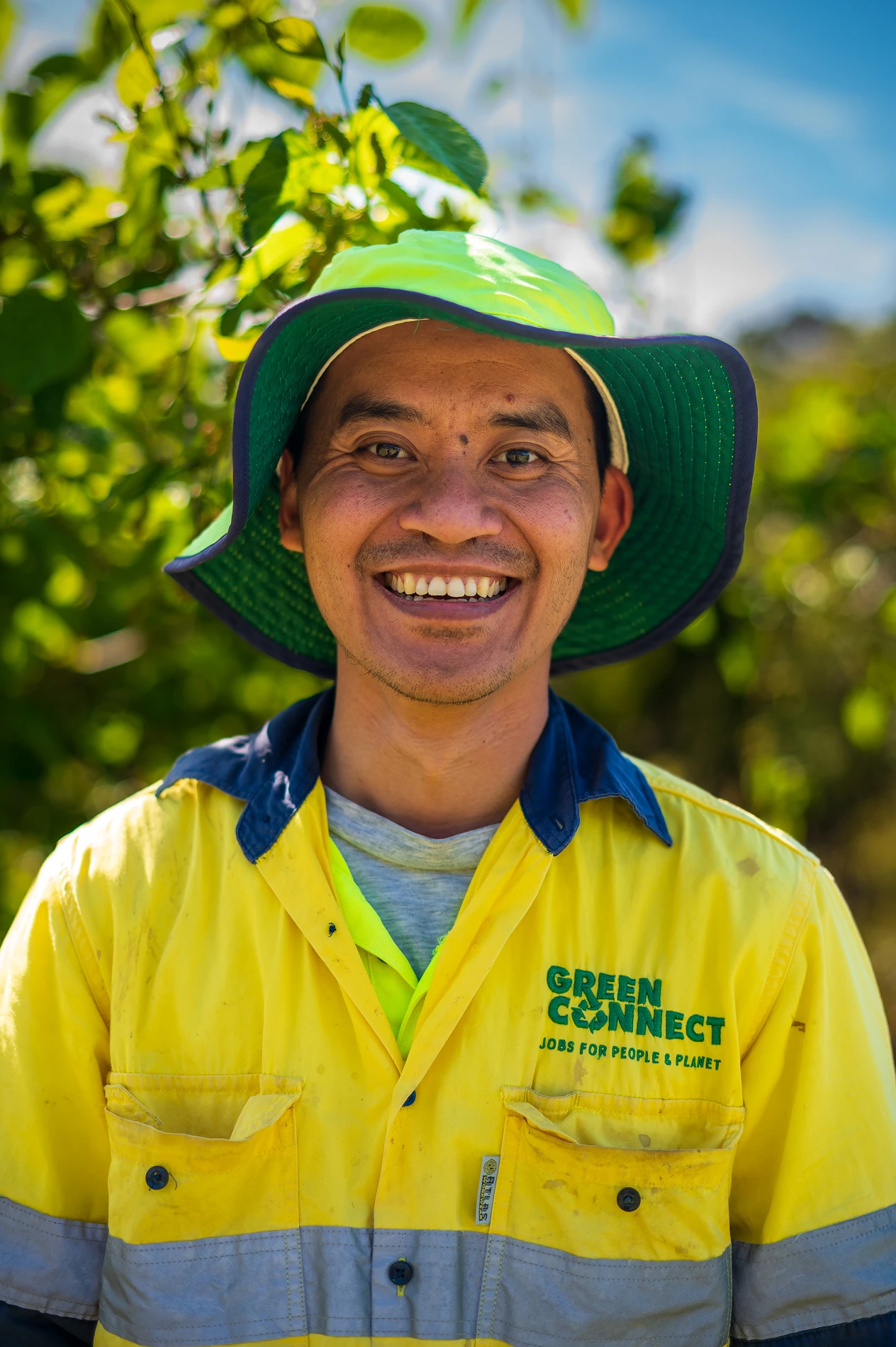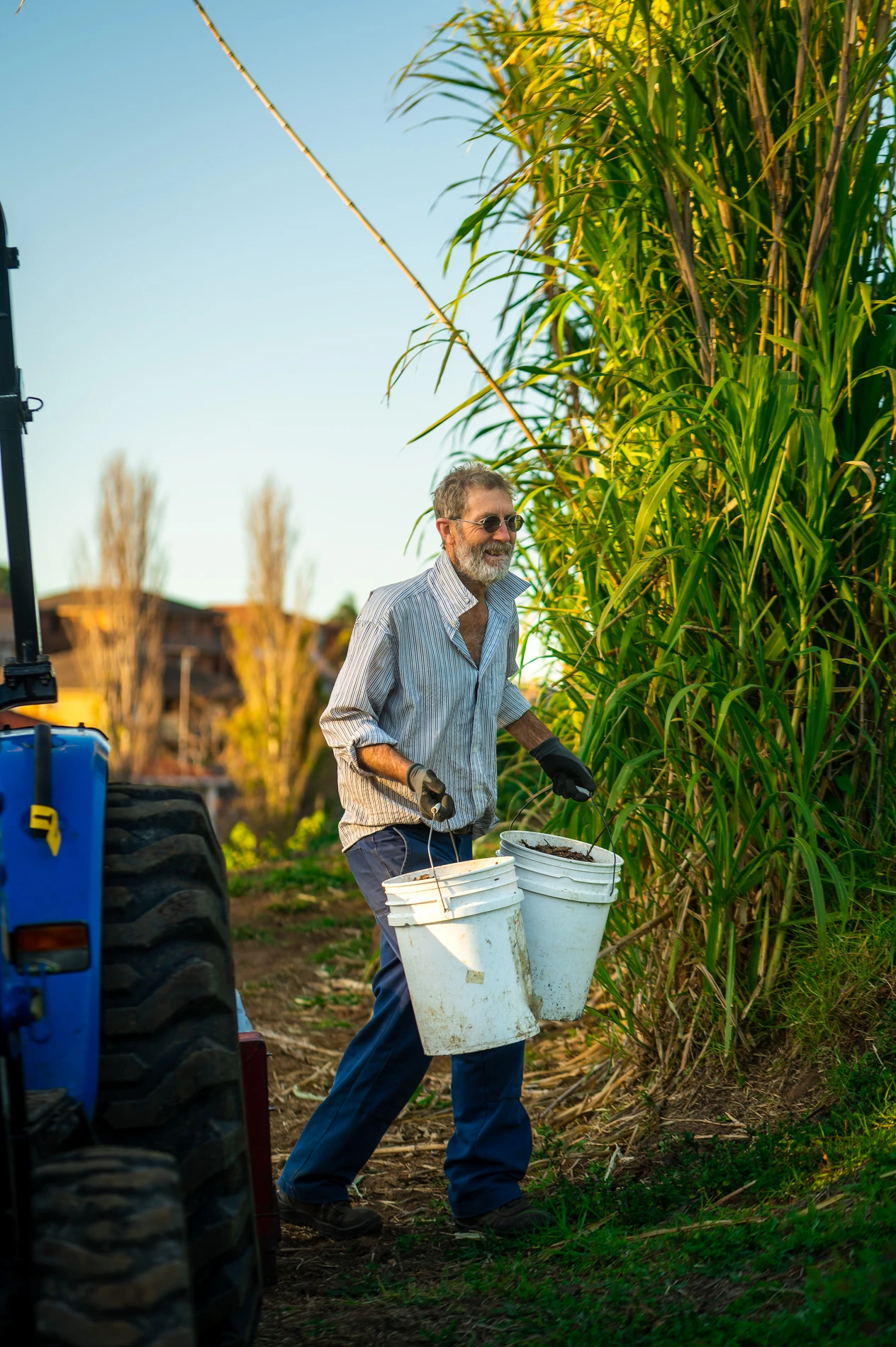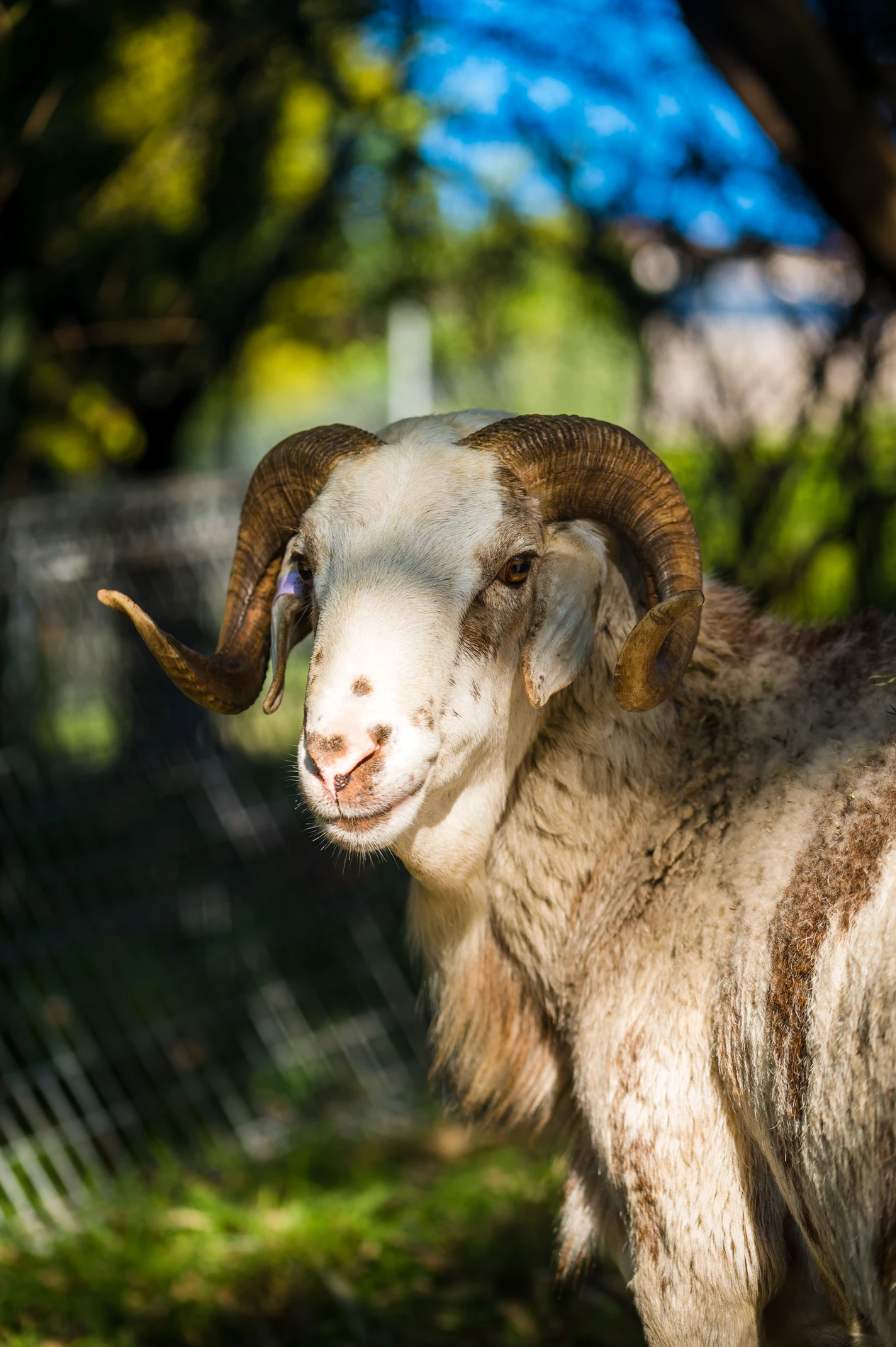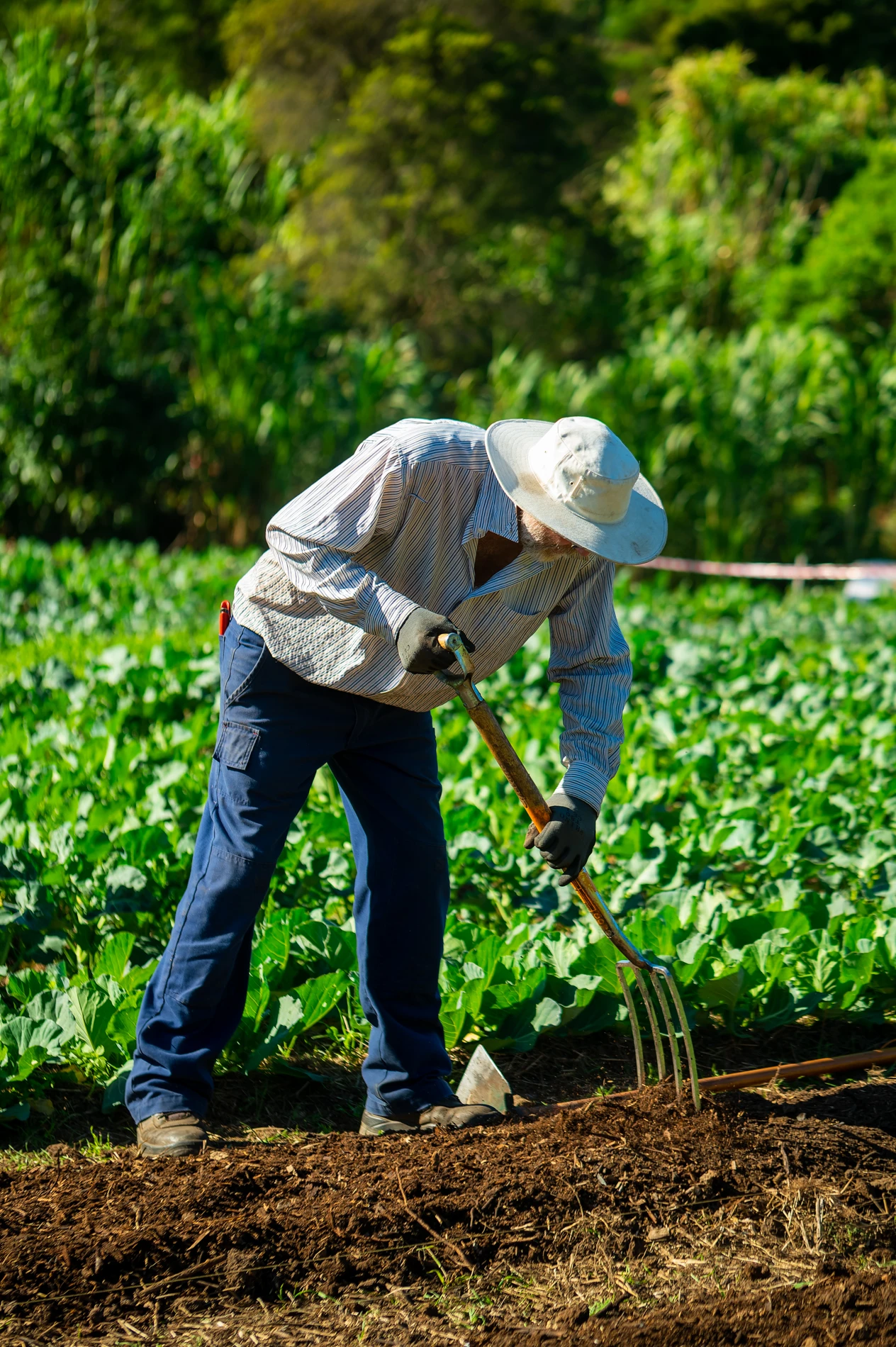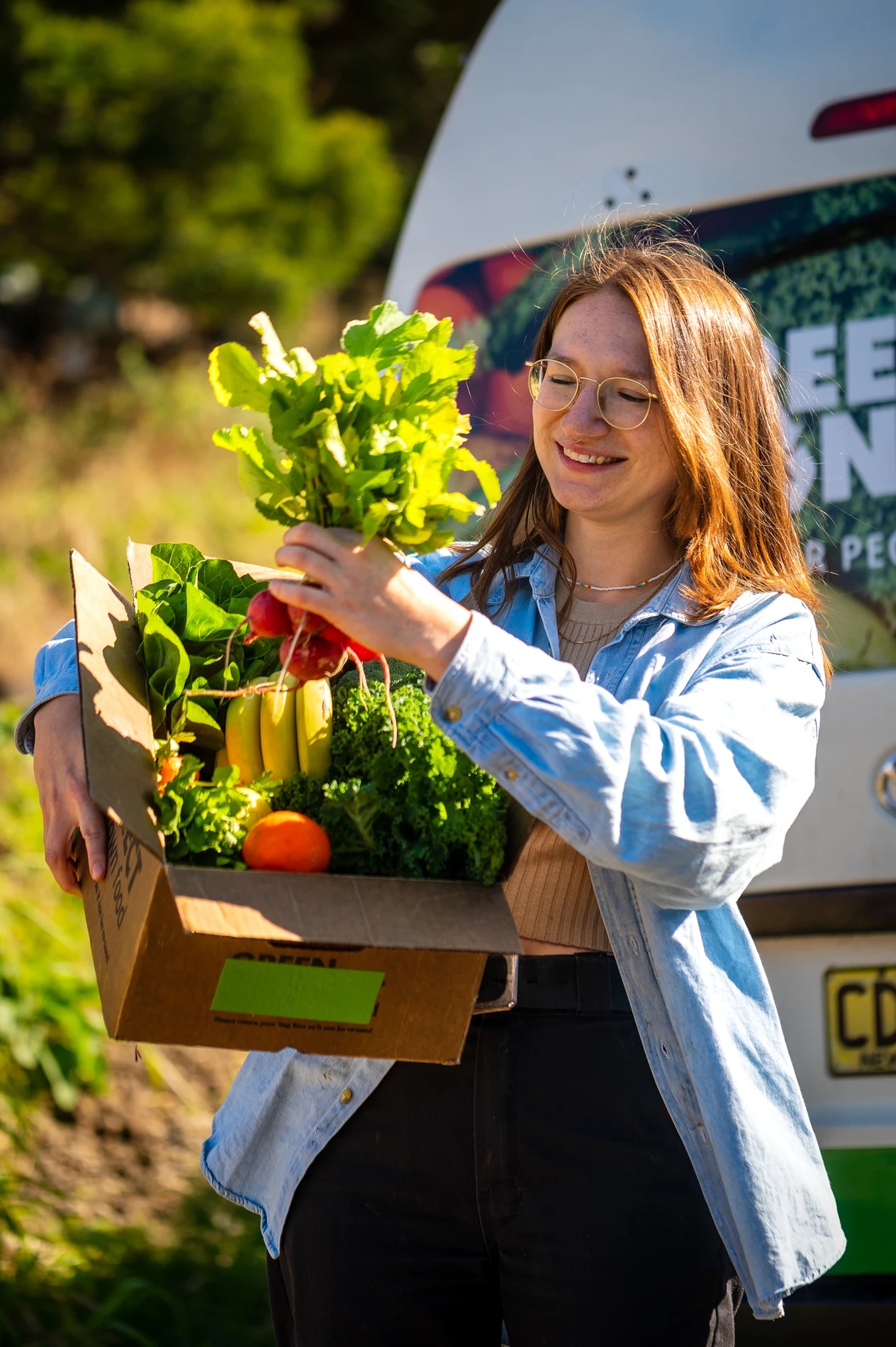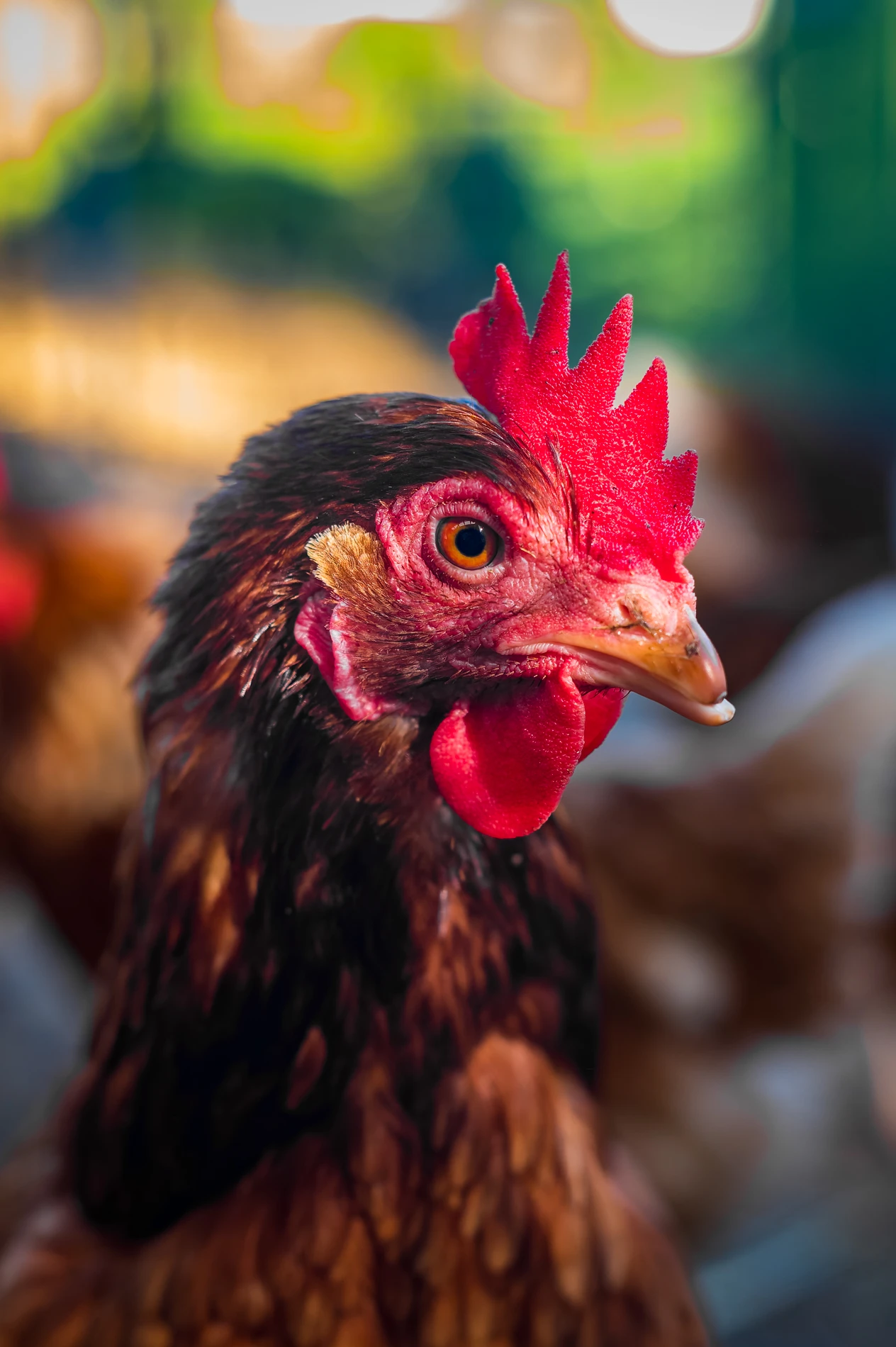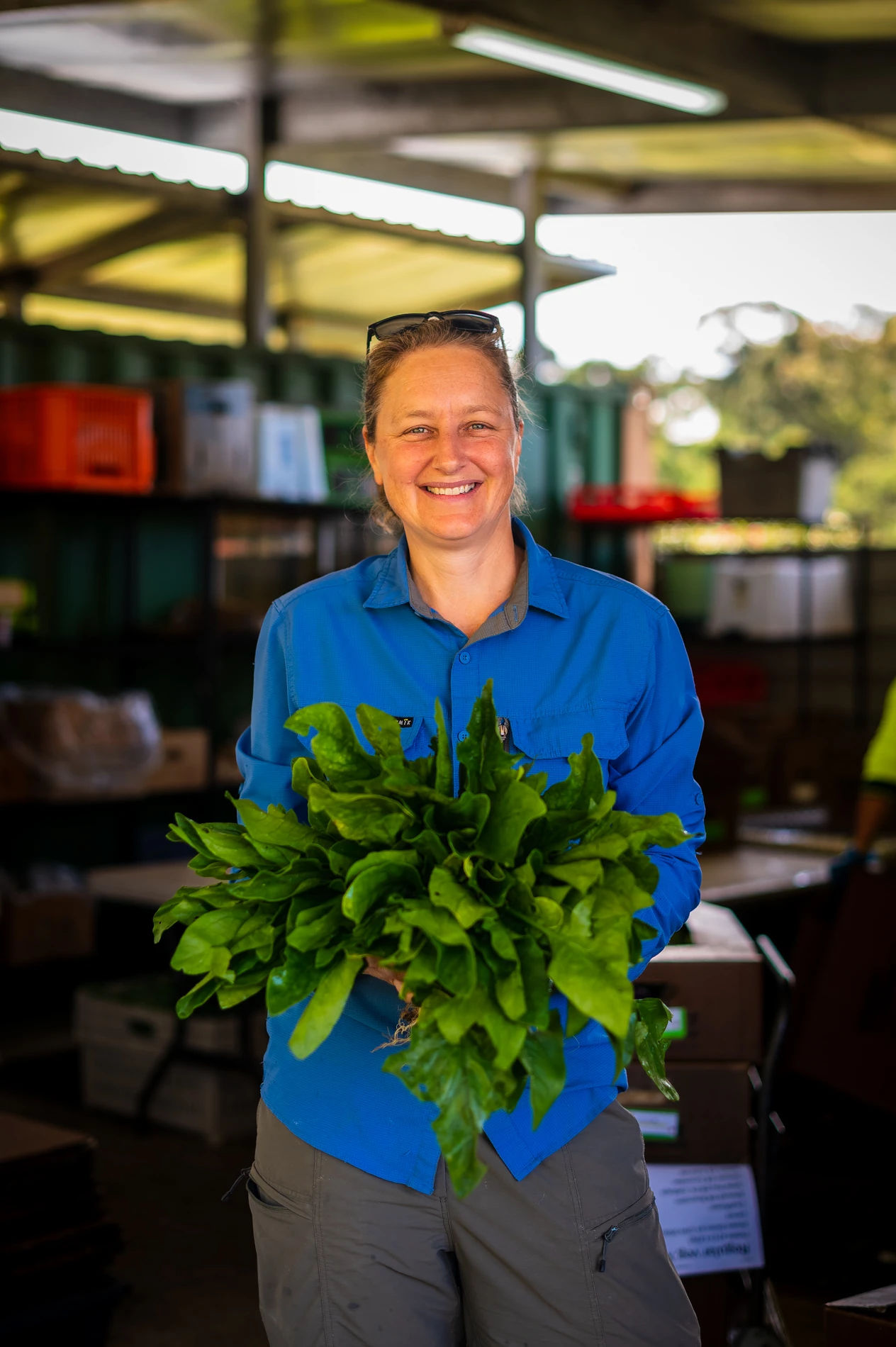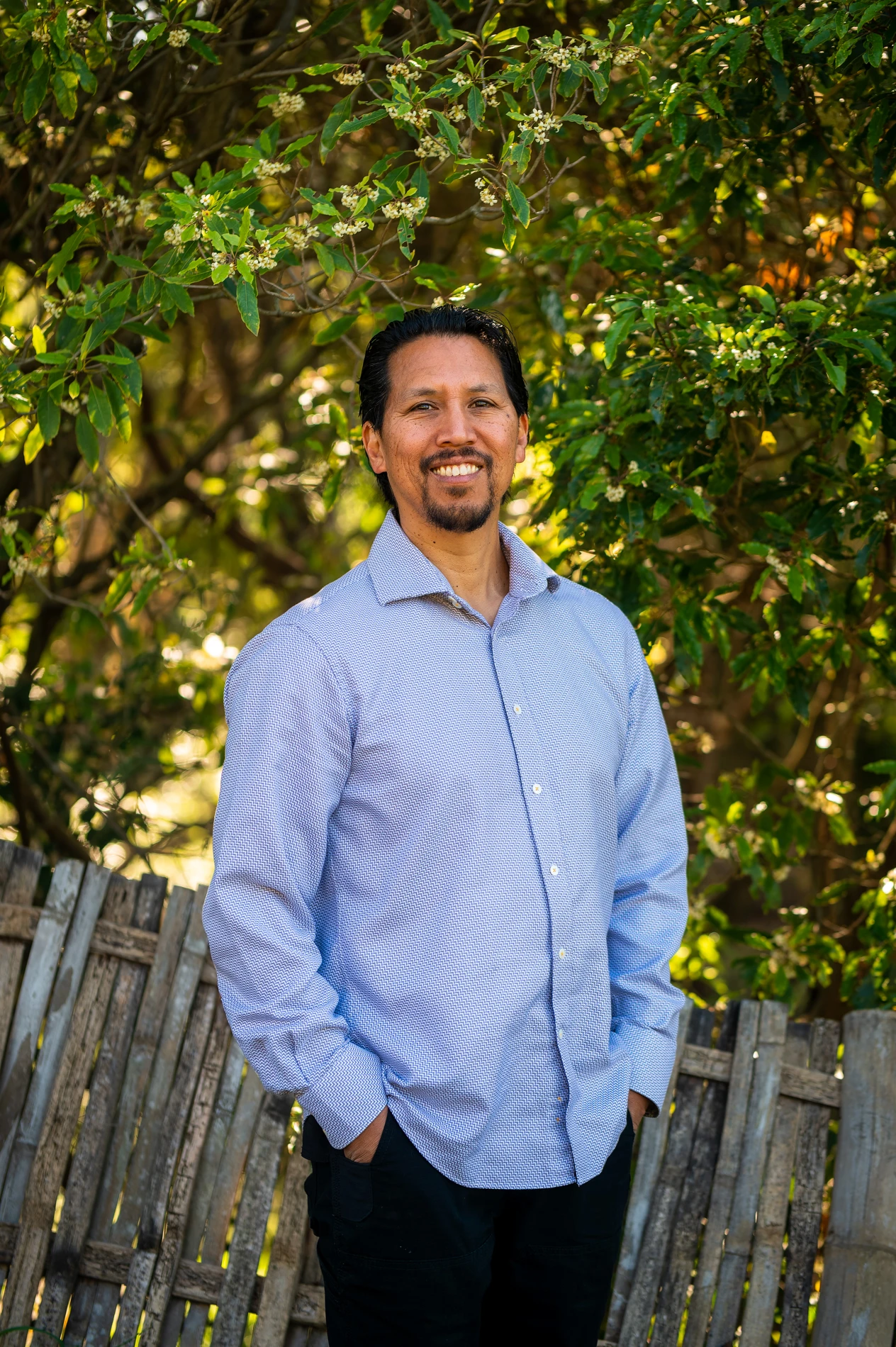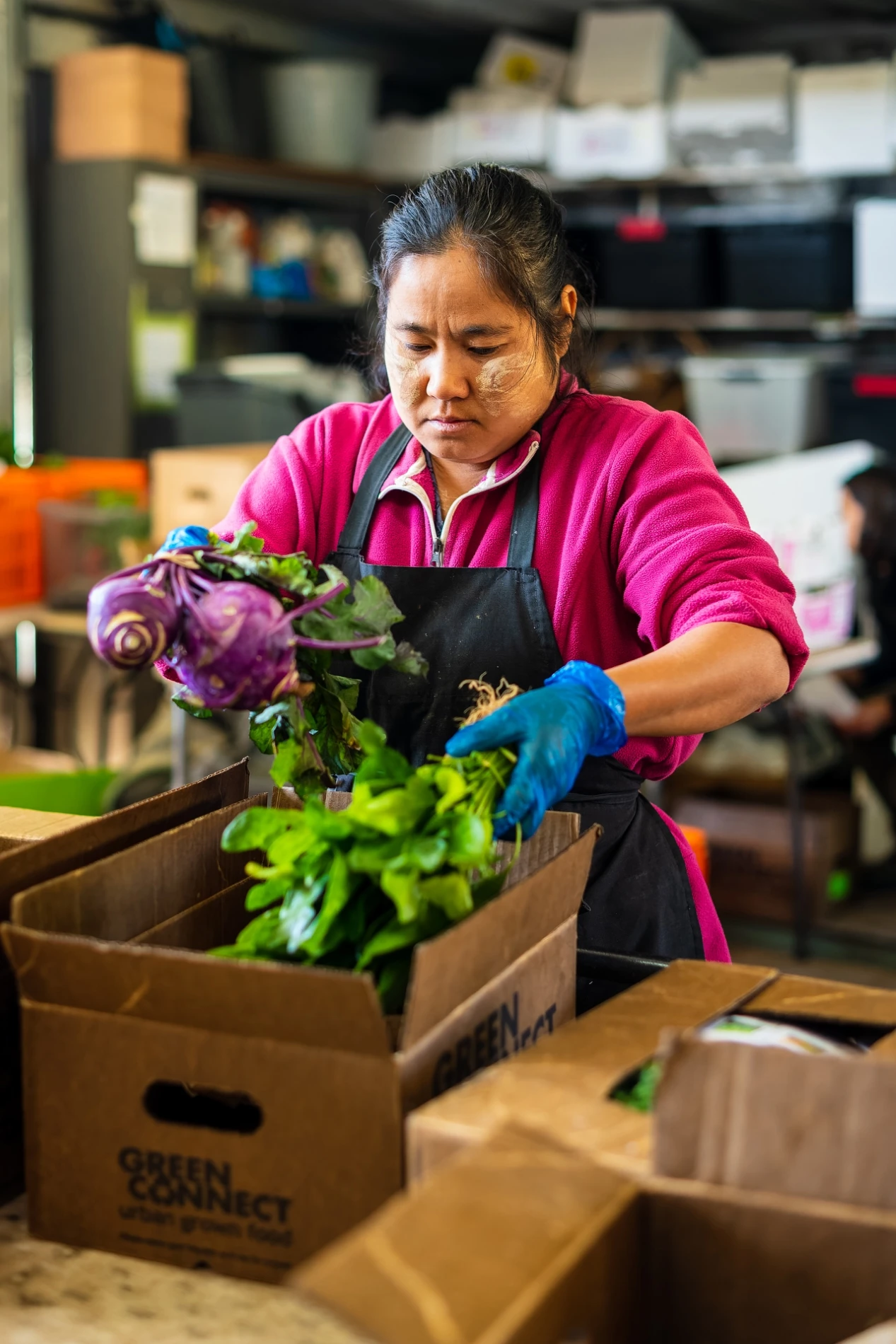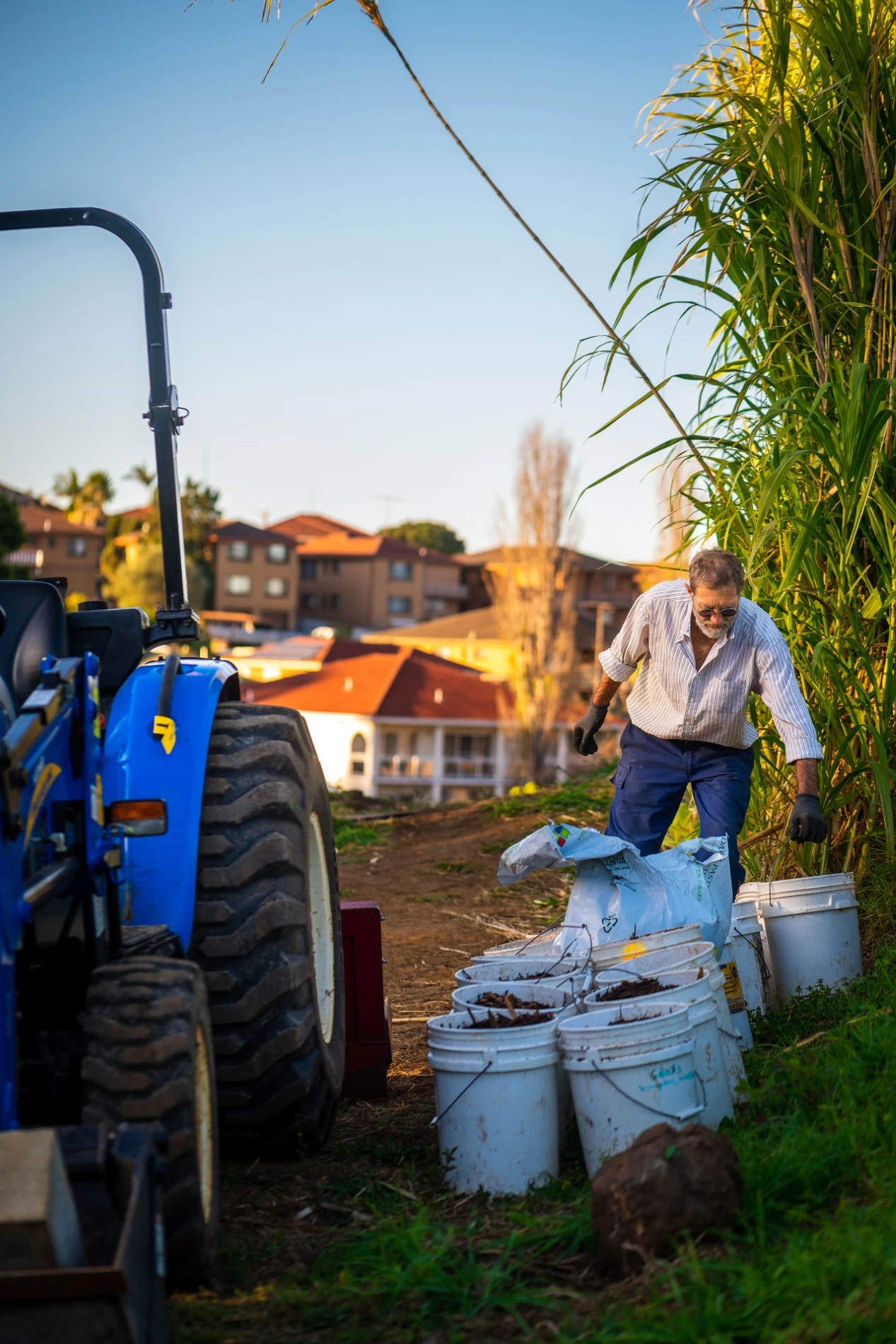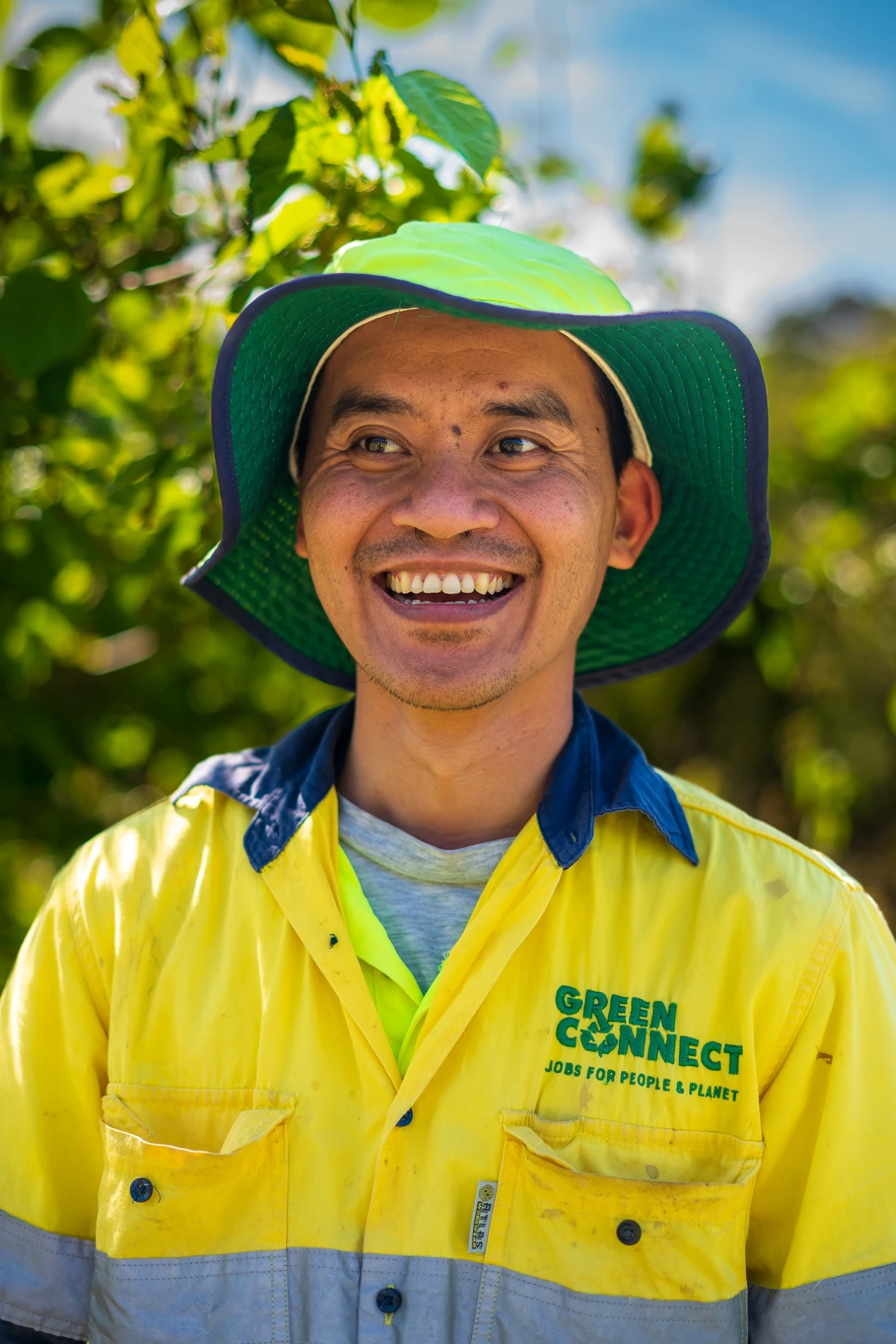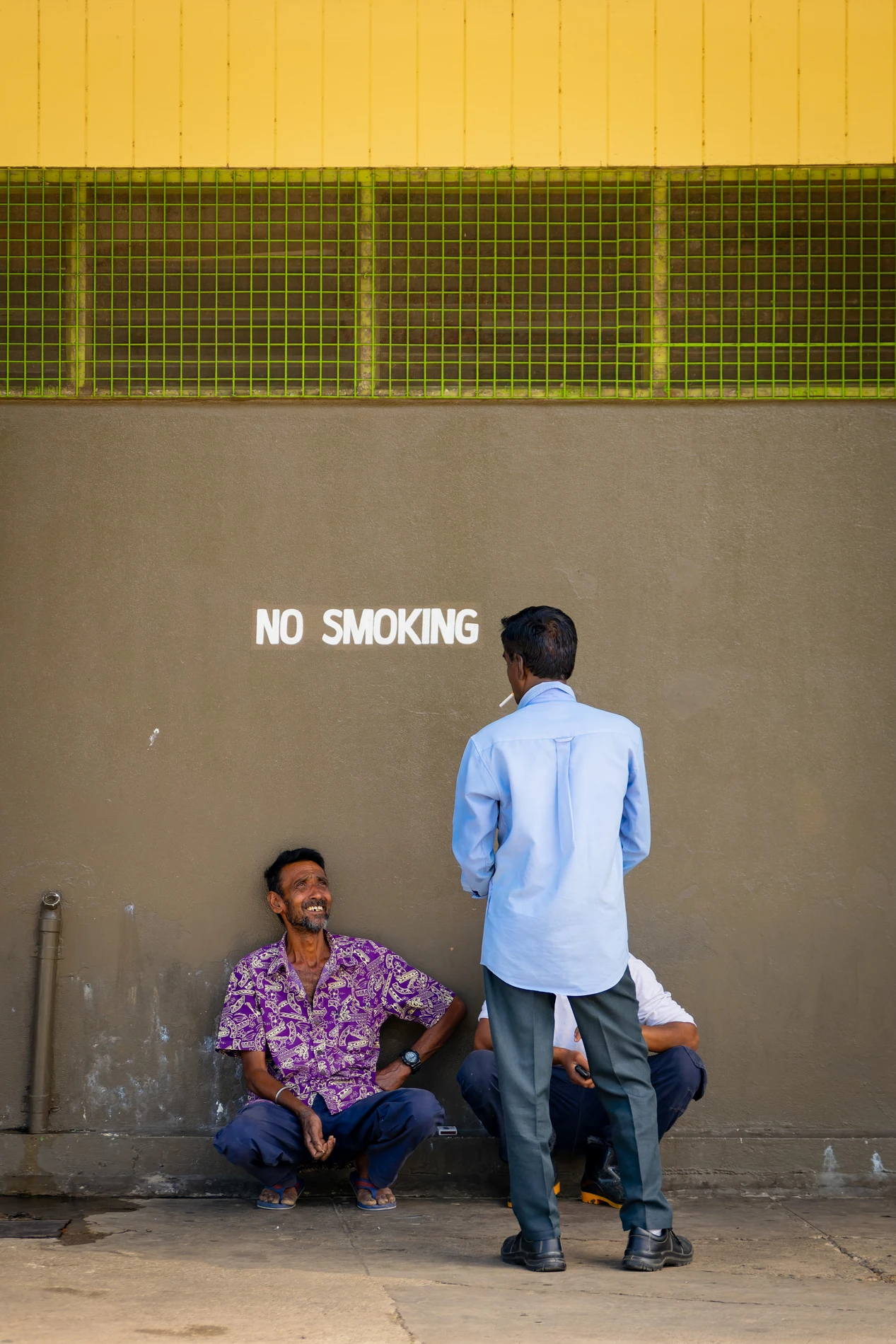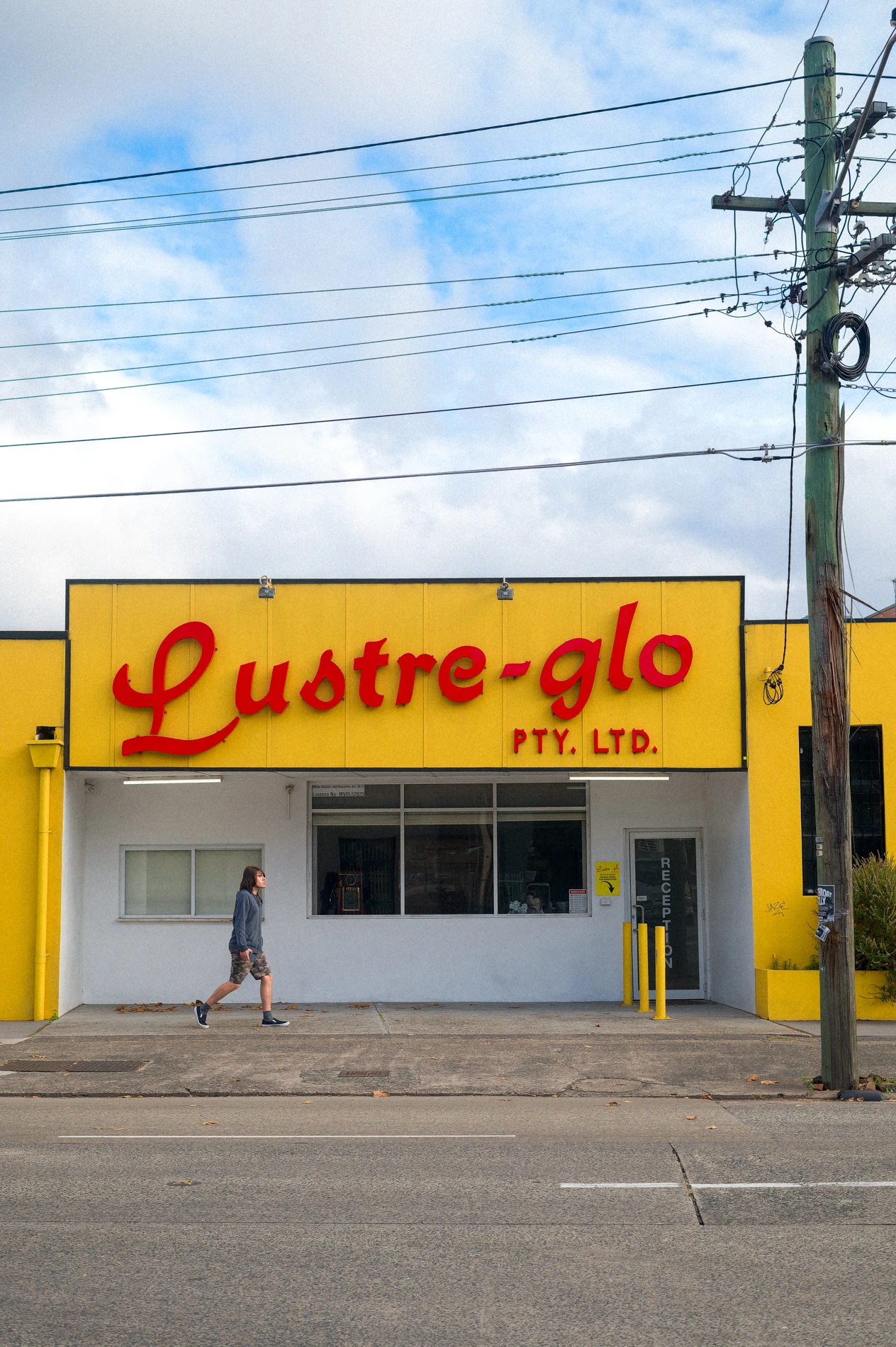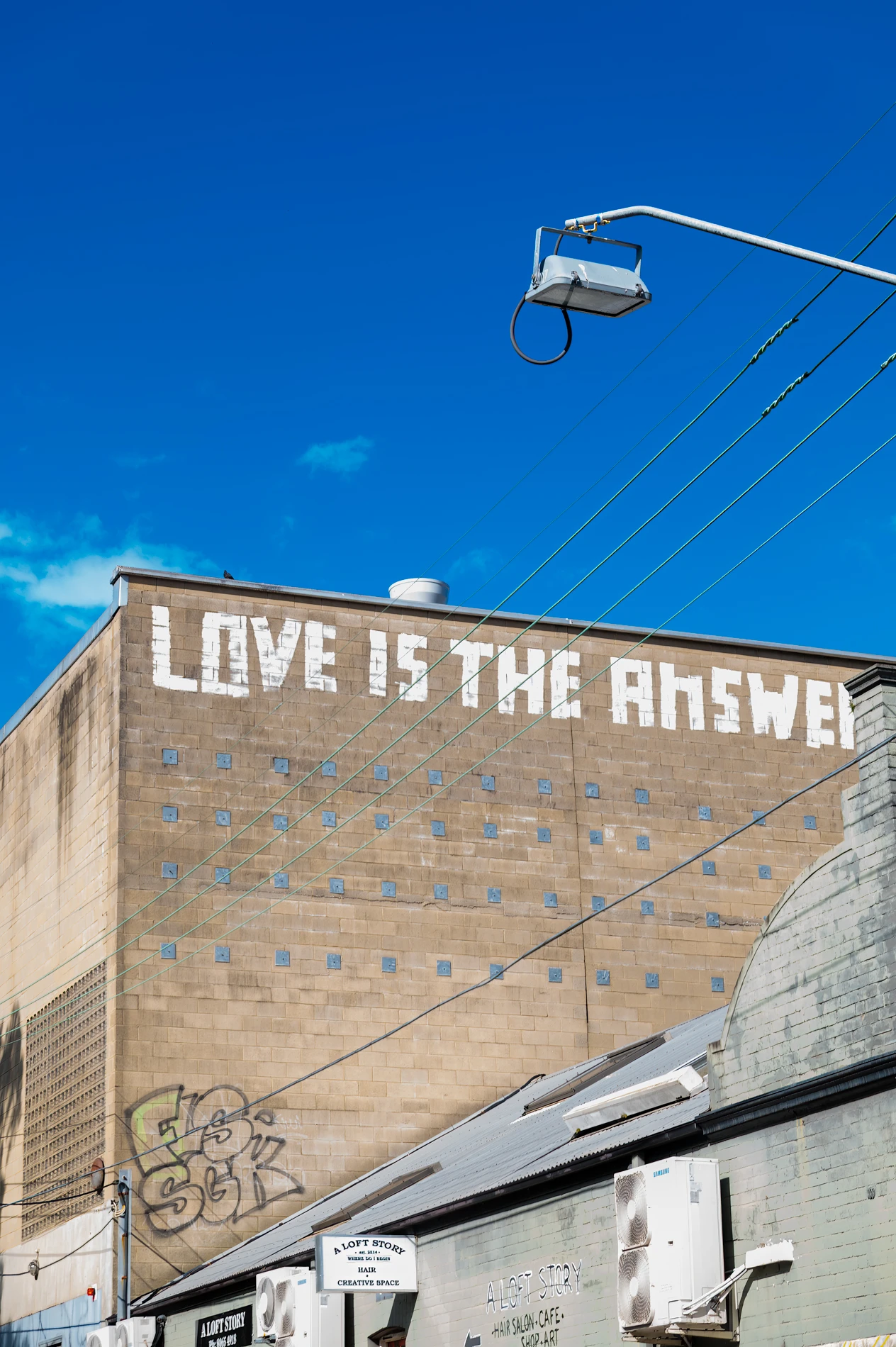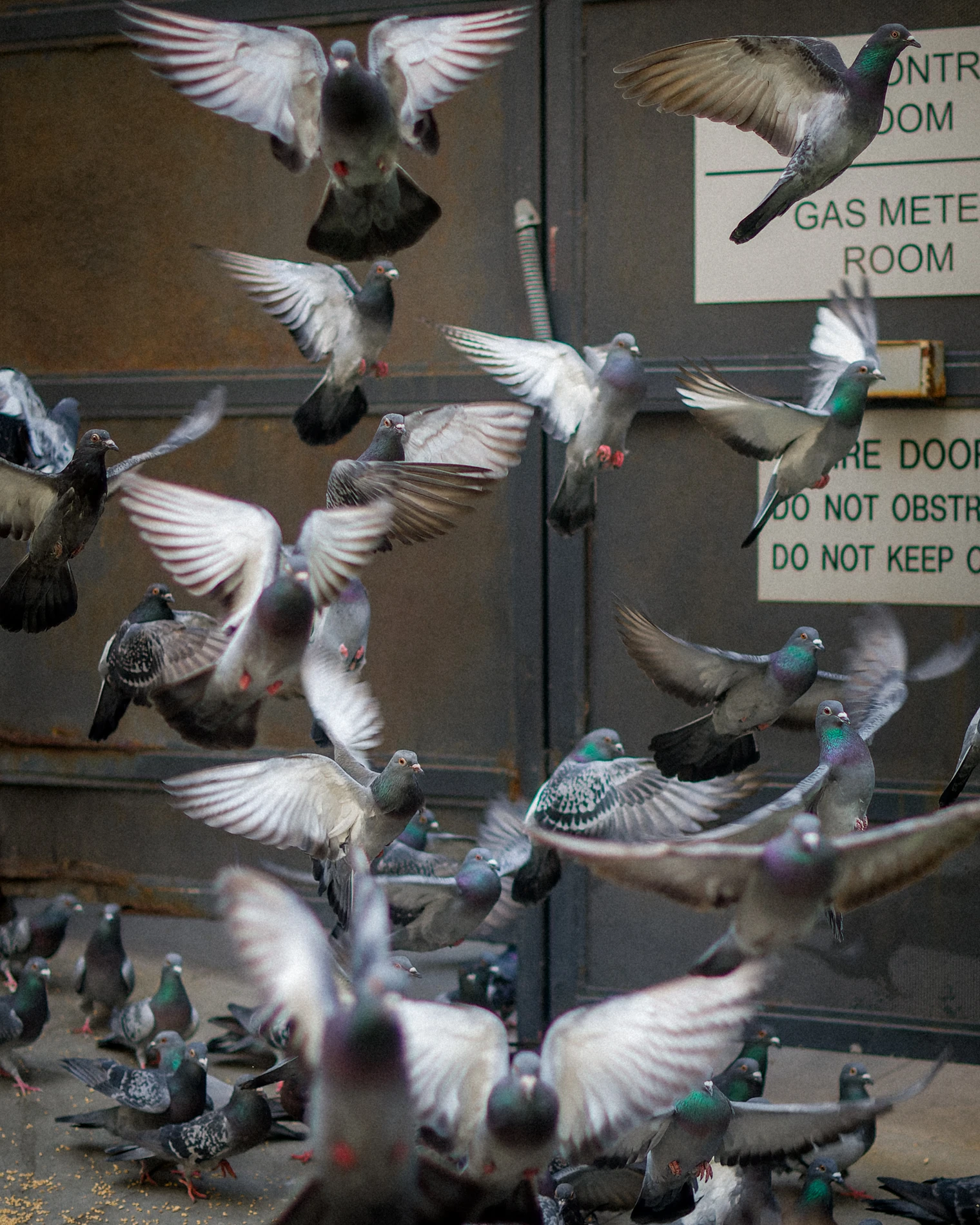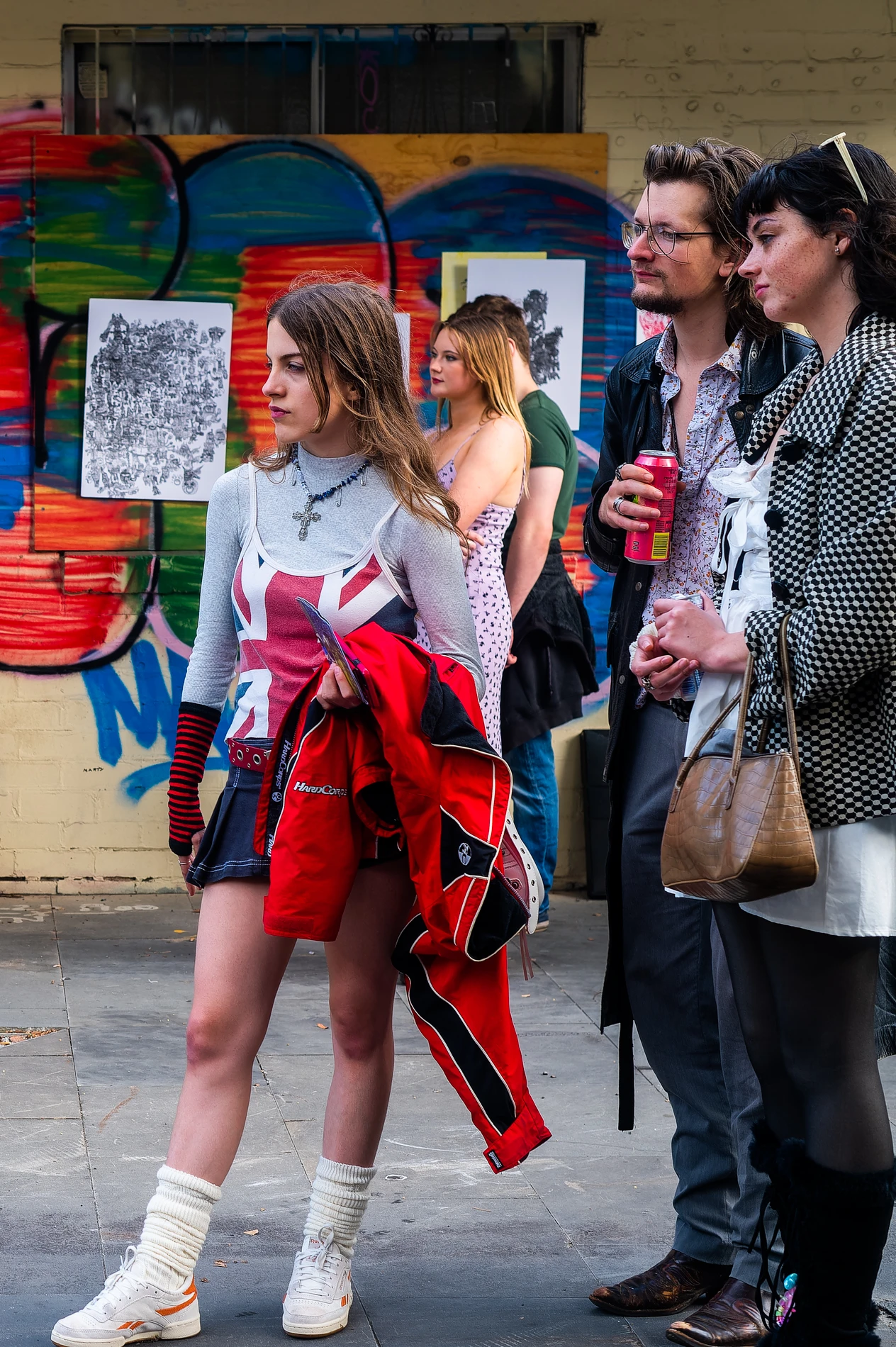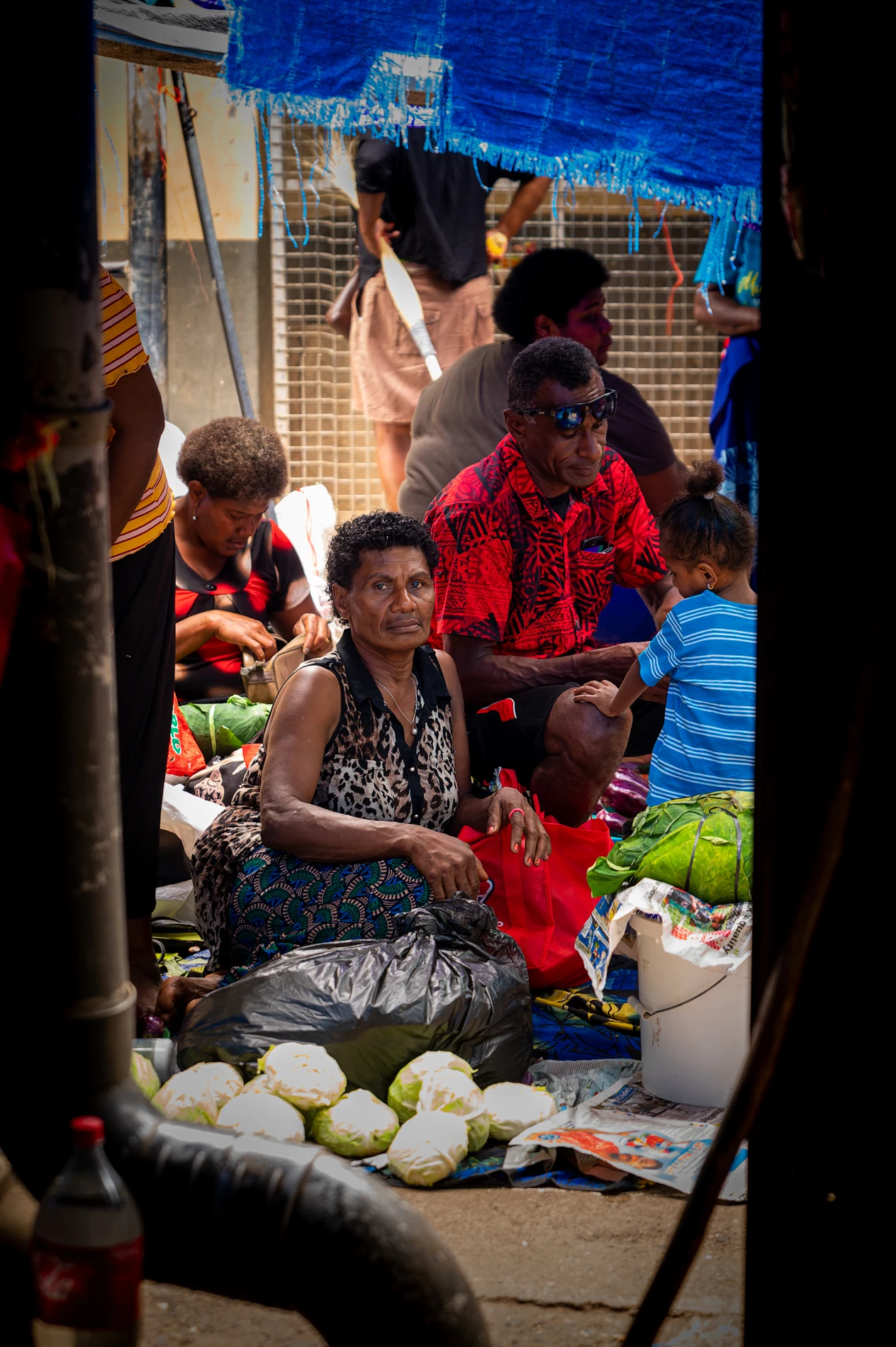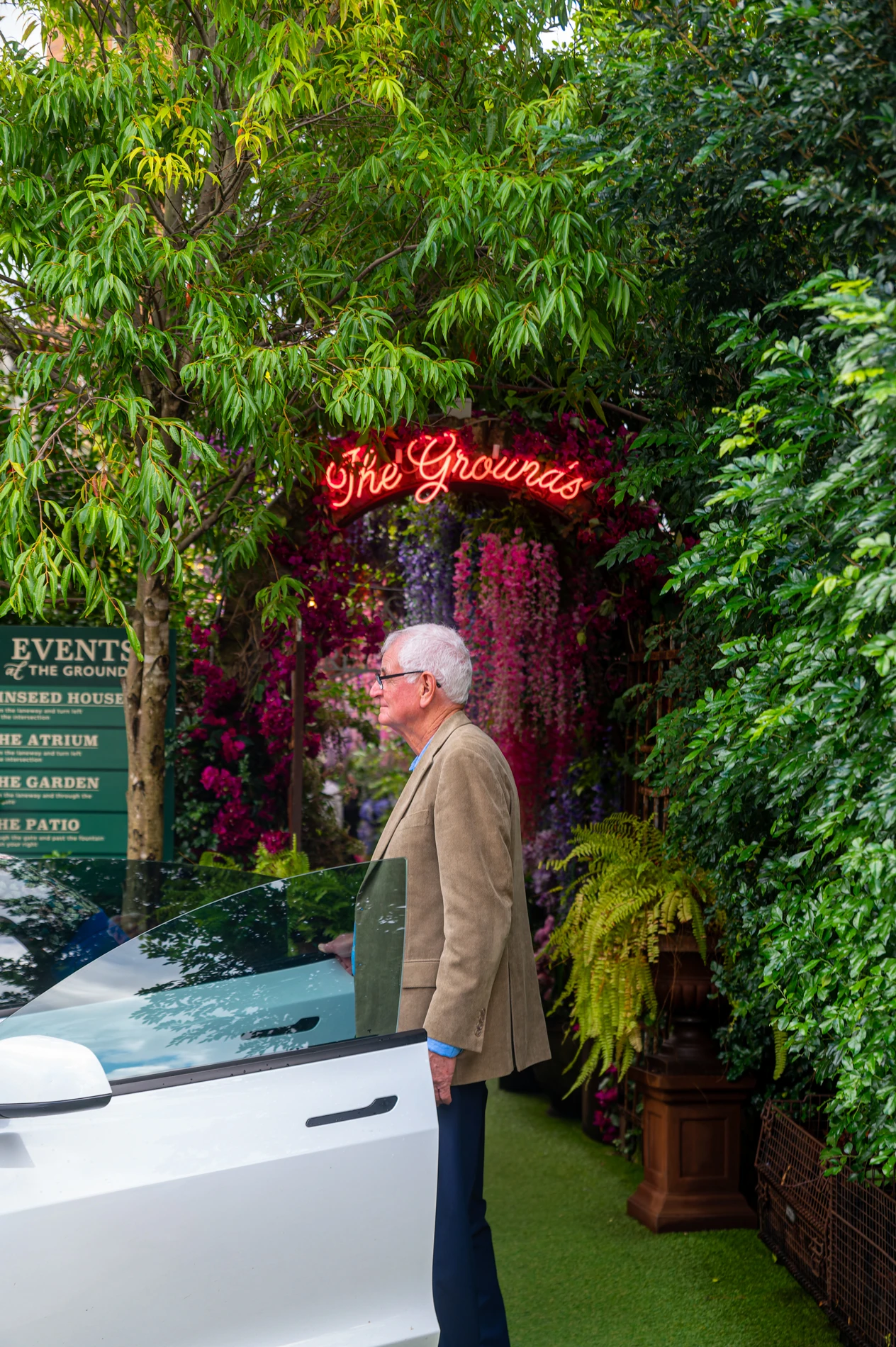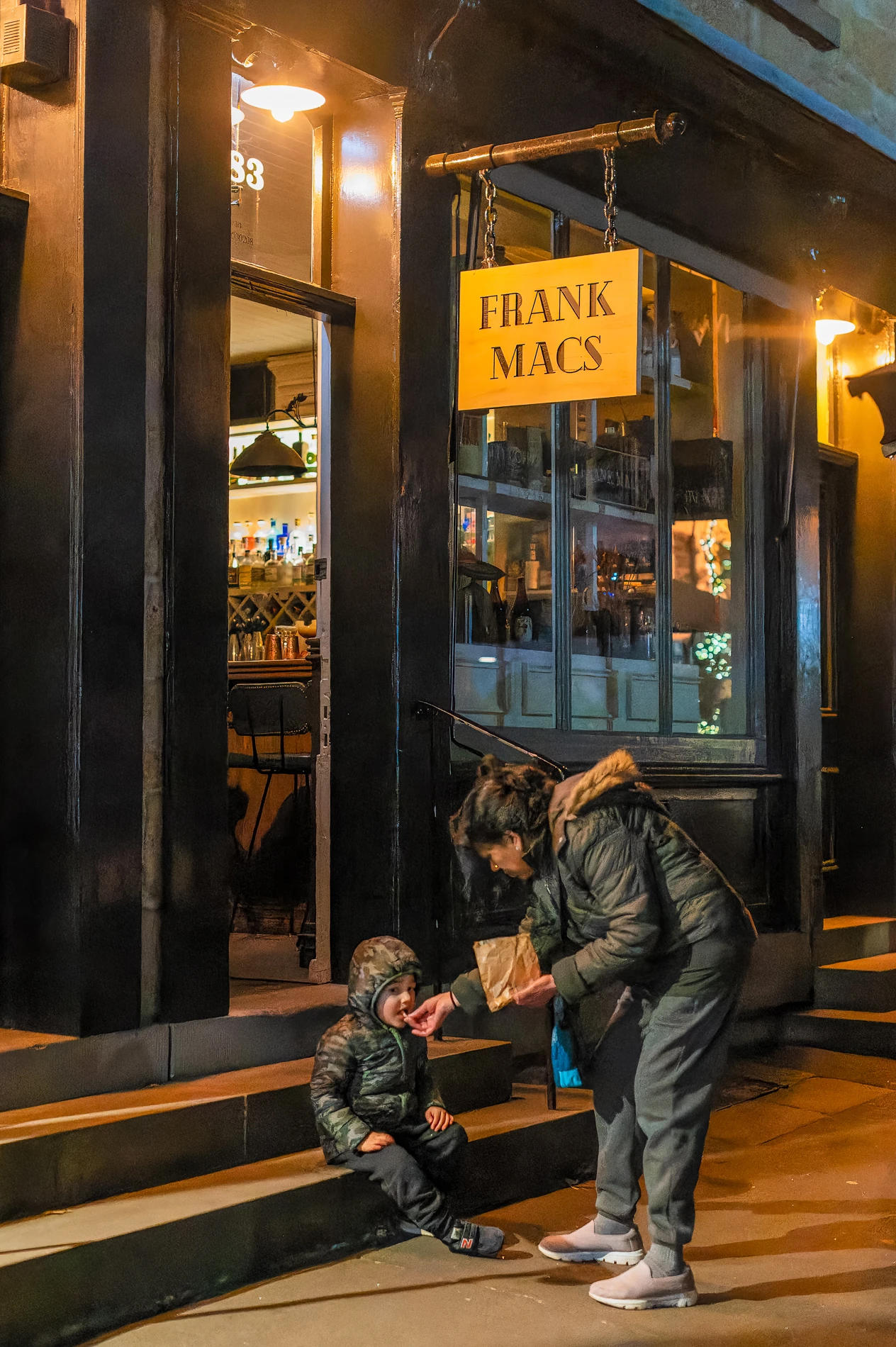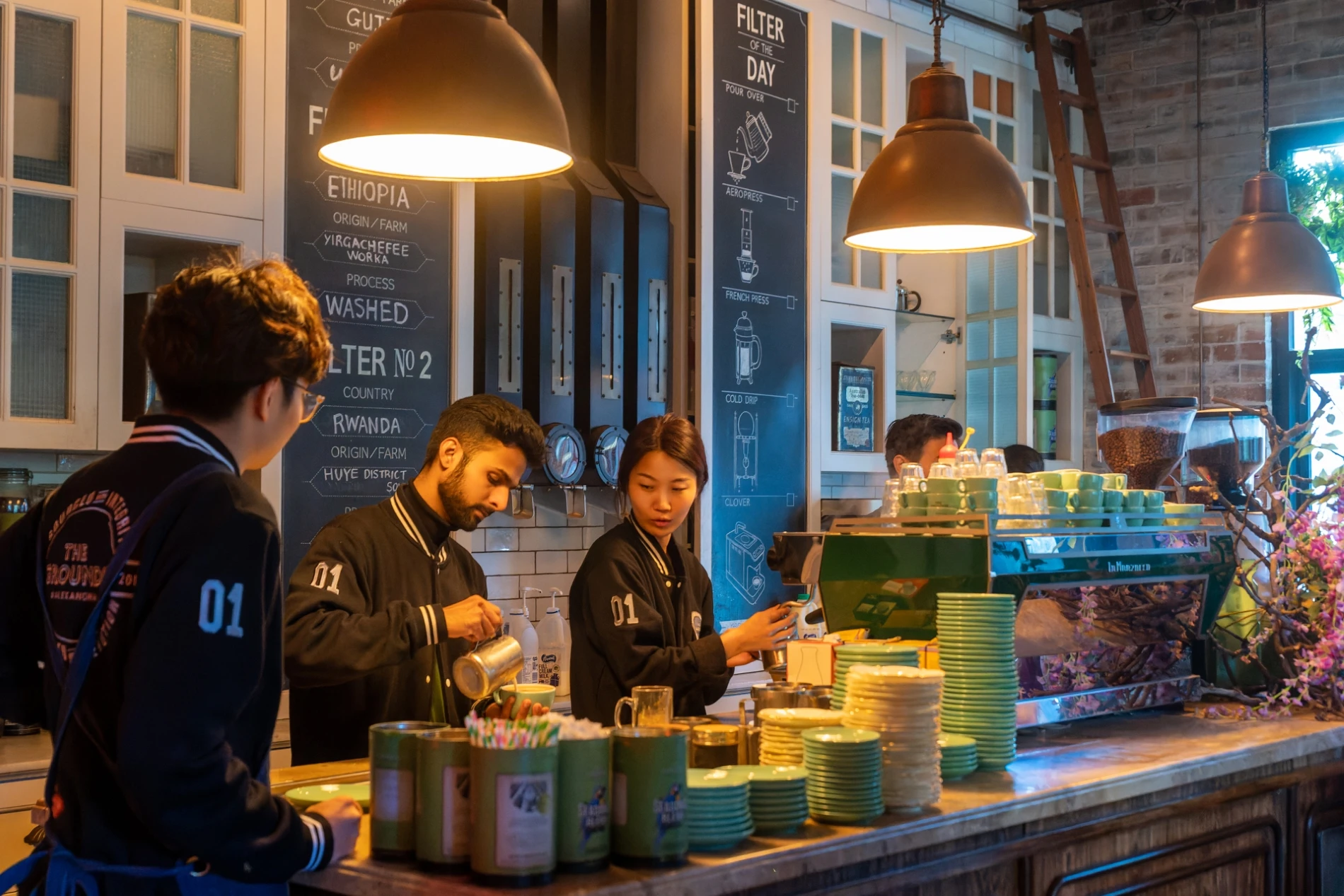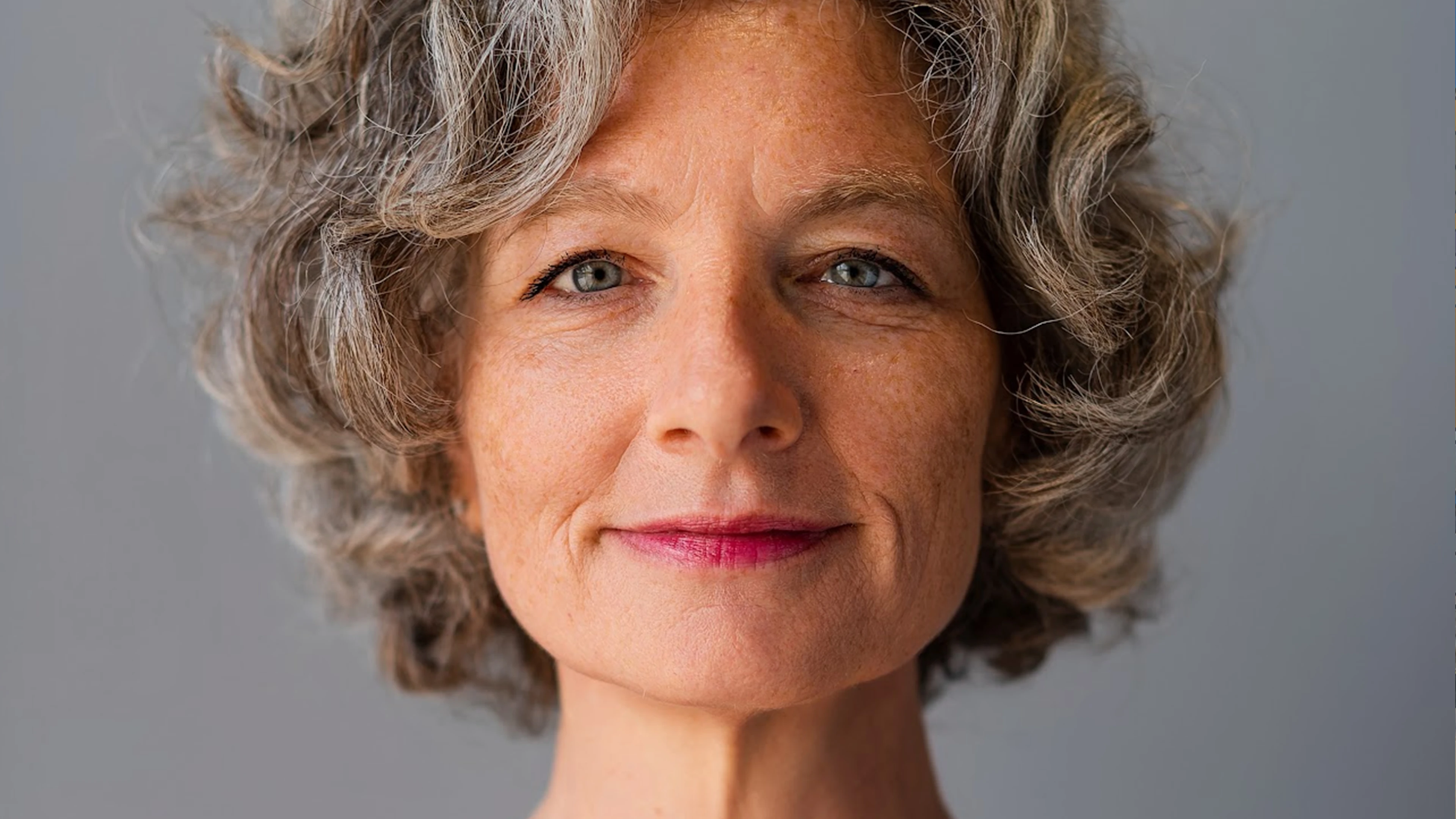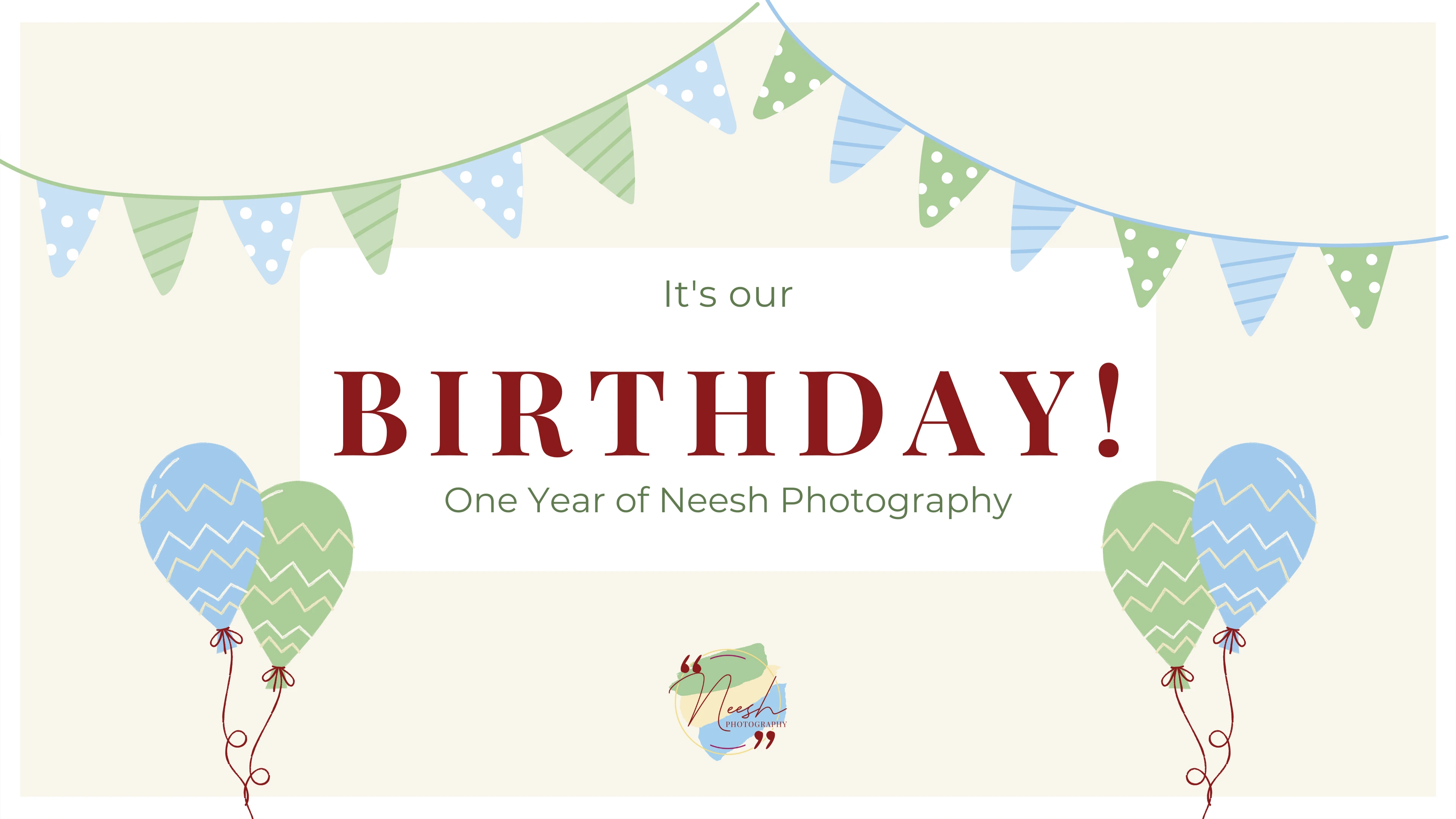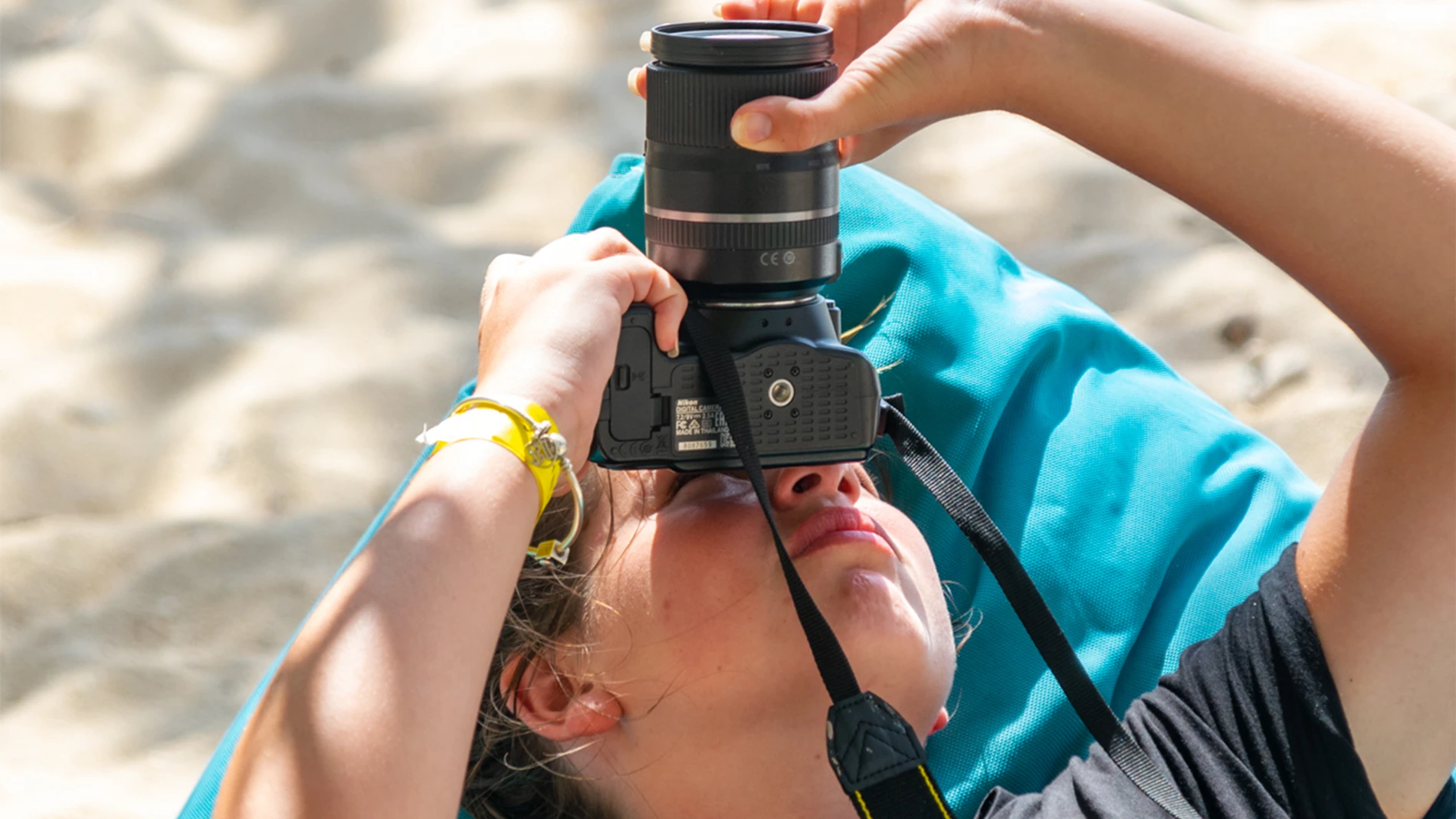23rd October, 2024
Most photographers wind up in the profession because they started out with a love for the craft. At some stage, you wind up with a camera in your hands; you take some pictures, you have a lot of fun with it. You might think ‘oh yeah, this is fun. I can be good at this’. You shoot a bit more, you learn the basics, you mess up a million times and lose photos that you would have been proud of. You take a bunch that you are proud of. Years later, you look back on those first lot of pics and you realise perhaps you shouldn’t have been so boastful – but hopefully you’ve come a long way since then.
This is how it goes for most photographers. What starts out as a cherished hobby turns into a hustle. If you’ve made the leap to monetize your passion, that is something to be extremely proud of. But it surely can suck the joy out of photography if you’re not mindful.
How can grown up photography kids continue to experiment with taking photos? How can you preserve the fun of it after it’s become a job for you? In the wise words of Blink182 – Work sucks, I know. So how can we make it suck less?
This is going to seem off-topic for a second – stick with me. I’ll get there.
Think about why you started photography
I am very sensitive to teenagers – I think that at that stage of your life, older people might not grant you a lot of grace, and you’re growing out of commonalities with younger kids. At 16-19, you’re tasked with finding a direction to go in as an adult, and realistically, you’re doing that with very little tangible life experience to inform your choices.
I think that when you’re that young, it’s hard to find something that you want to do for yourself. You’re probably still living at home, finishing school, and navigating how to be a good friend, student, sibling, etc. You might start a job, trying to keep up with hobbies, applying to uni or further education, all at the same time. As a teenager, you are so susceptible to making decisions based on what others expect of you, what you feel you ‘should’ do – and honestly, juggling all of it at once is quite challenging.
Looking back, I definitely felt tied to my responsibilities as a teenager. There wasn’t much that I did simply because I wanted to, for myself. Most of the time, there were other factors. Whilst coincidental, I think that my love for photography was one thing that I did simply because I wanted to. Just because it felt good.
How can a photography hobby grow with you?
As an adult, you have less pressure, and less to juggle, and more life experience. You know better what you want and the things that interest you, but you have less time and freedom to invest in those things if they aren’t providing for you in some way.
People my age experienced a unique couple of years in early adulthood – being that from the ages of 19-21, we were subject to the rise and fall of the pandemic and the ensuing lockdowns and restrictions. For many people, this was undoubtedly a challenging and lonely time. It might have felt like the brakes slammed on as soon as we got started in adulthood. I know for myself I was less than two weeks into university classes in my first year when covid demolished my expectations.
But in some ways, it was a blessing. I spent a lot of time alone, because, you know, that was the law at the time. I took walks by myself when possible, and I reevaluated all sense of expectation or direction during that time. I learned a lot about myself, and I took so many photos at that time. Not of anyone else, usually of things I saw on my walks, and I really had the time and space to learn and enjoy it.
What’s changed since you started working as a photographer?
A couple of years ago, when the world opened back up, I started my photography business. I set up an ABN following my first formal company-paid photography job. Opportunities came my way sooner than I had expected, and it’s only grown from there.
I do not spend as much time taking photos for fun as I used to. Not even close. It stopped being something that I do just because I want to.
Not that I don’t enjoy photography in a professional setting – I do. I still find it fun and rewarding. But when you’re taking photos for a client, you naturally take their expectations and preferences into account. The best jobs are ones that naturally align with your own style and process, and where your experience is a trusted factor for the client. But when you’re starting out, you can’t assume that this will be the vibe of every gig. You simply do the job that you have in front of you, and it doesn’t matter if it’s fun. Thankfully, most of the time it is fun for me.
But it has gotten me out of the habit of taking photos entirely for myself. By prioritising your client, you can lose touch with your own style and process, or delay your personal development in photography. Even in a job where you have a lot of creative freedom, fun is only one of the reasons you’re there.
So, how do we make it fun again?
You can make the choice for yourself to keep taking photos for the love of it. If you happen to have the time and energy to engage in that sort of quiet time as an adult, that’s incredible. Props to you, sincerely. However, unscheduled and unstructured hobbies are a luxury few can afford in the height and hustle of life.
Through professional photography, you’ve undoubtedly learned a level of self discipline and developed a workflow that suits you. It’s not all rigour and labour – right?
You can bring those skills and processes into your own personal ideas and projects, and treat it like it’s a paid gig. Except, you’re your own customer. You can set your own expectations and decide what you need from this project. Best of all, you can engage with subjects that are important to you, and you can do so on your own schedule.
If you are a commercial or family-lifestyle based photographer, a great way to get in touch with your own creativity is to get into art photography. You know – the stuff you see in the galleries. You might not think much of the photography you’ve seen hung in exhibitions, but I’m certain that the artist responsible put a lot of time and care into those images.
Personally, I find myself very interested in relationships between places and people. I think that the place that someone calls home influences them as much as they influence their environment. Traces of that relationship have always caught my attention. I think it’s beautiful. That’s likely why a lot of my personal work over the years has been some form of street photography. I care deeply about community and connection, person to person, and person to place. And I’d like to explore that photographically as much as possible because I know it would be fulfilling for me.
Doing this sort of thing, you can make a name for yourself based on what you love. Of course, it can become work that you sell, but it won’t be because the buyer needs it, in the same way that your favourite business relationship needs your photos. They’ll buy it because they love it. Even if it becomes paid work in some way, you’ll primarily be doing it because you love it. And that’s got to feel good.
Conclusion
Whether you’re a grown-up photographer kid trying to find your groove again, or you’ve just picked up a camera now – you can always make something on your own terms. It will strike a chord with someone else, perhaps in exciting and unexpected ways, and I’m sure you’ll form really valuable connections with those who see your work. Most importantly, you’ll reconnect with yourself and your creativity – and you don’t have to compromise your career to do it. Instead, you’ll add to your skill and hopefully feel nourished and rewarded throughout the process. Good luck!

